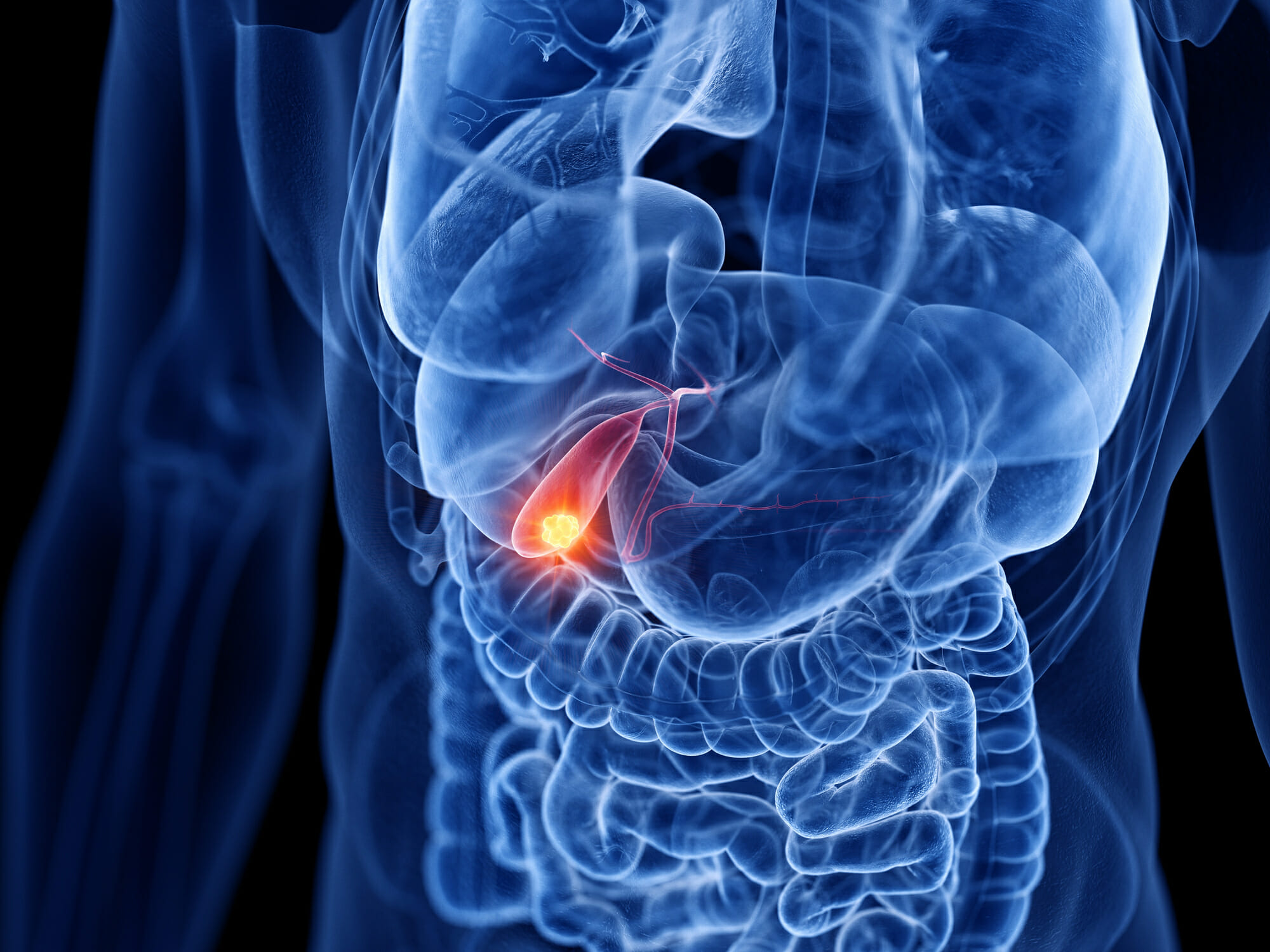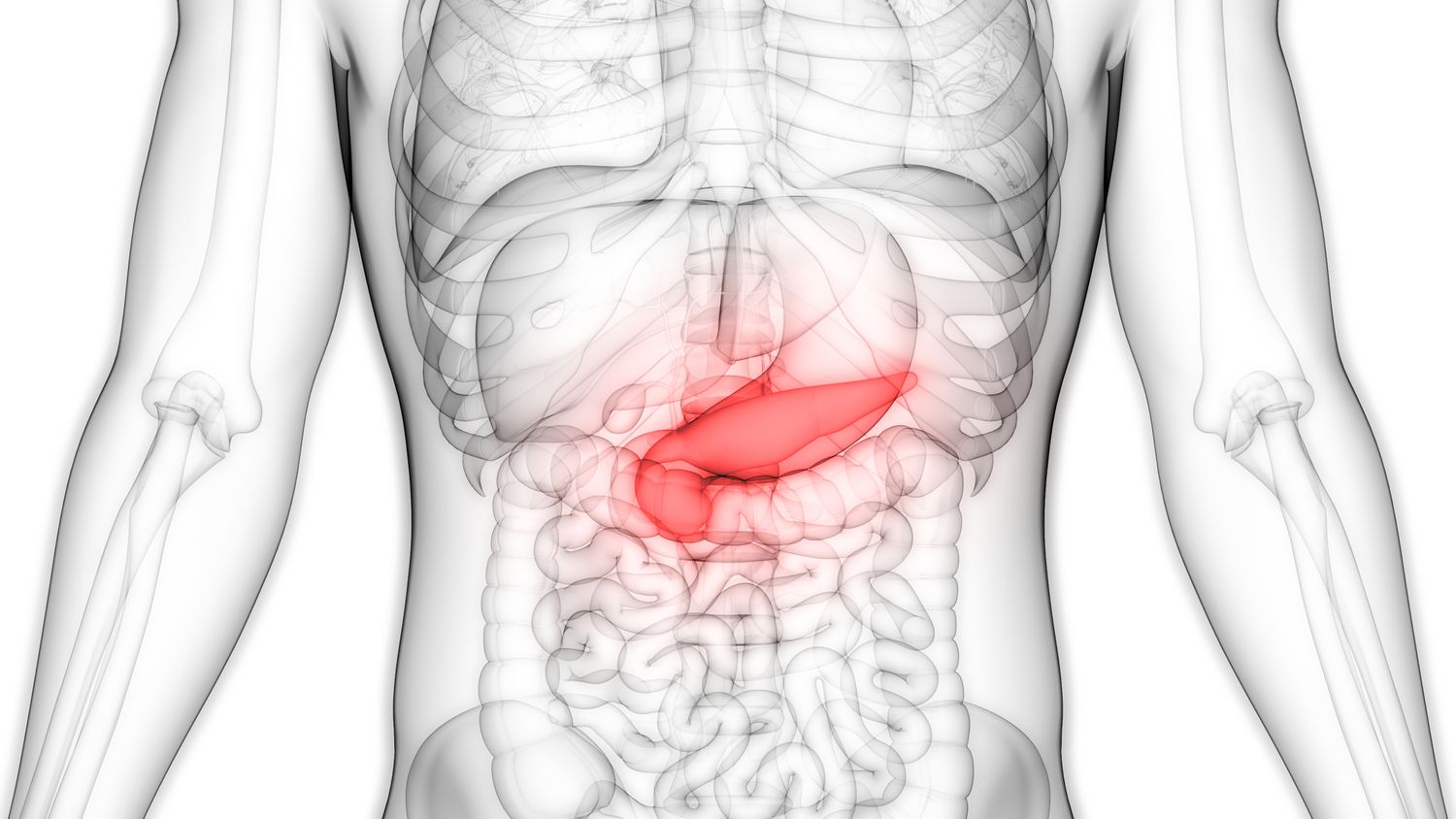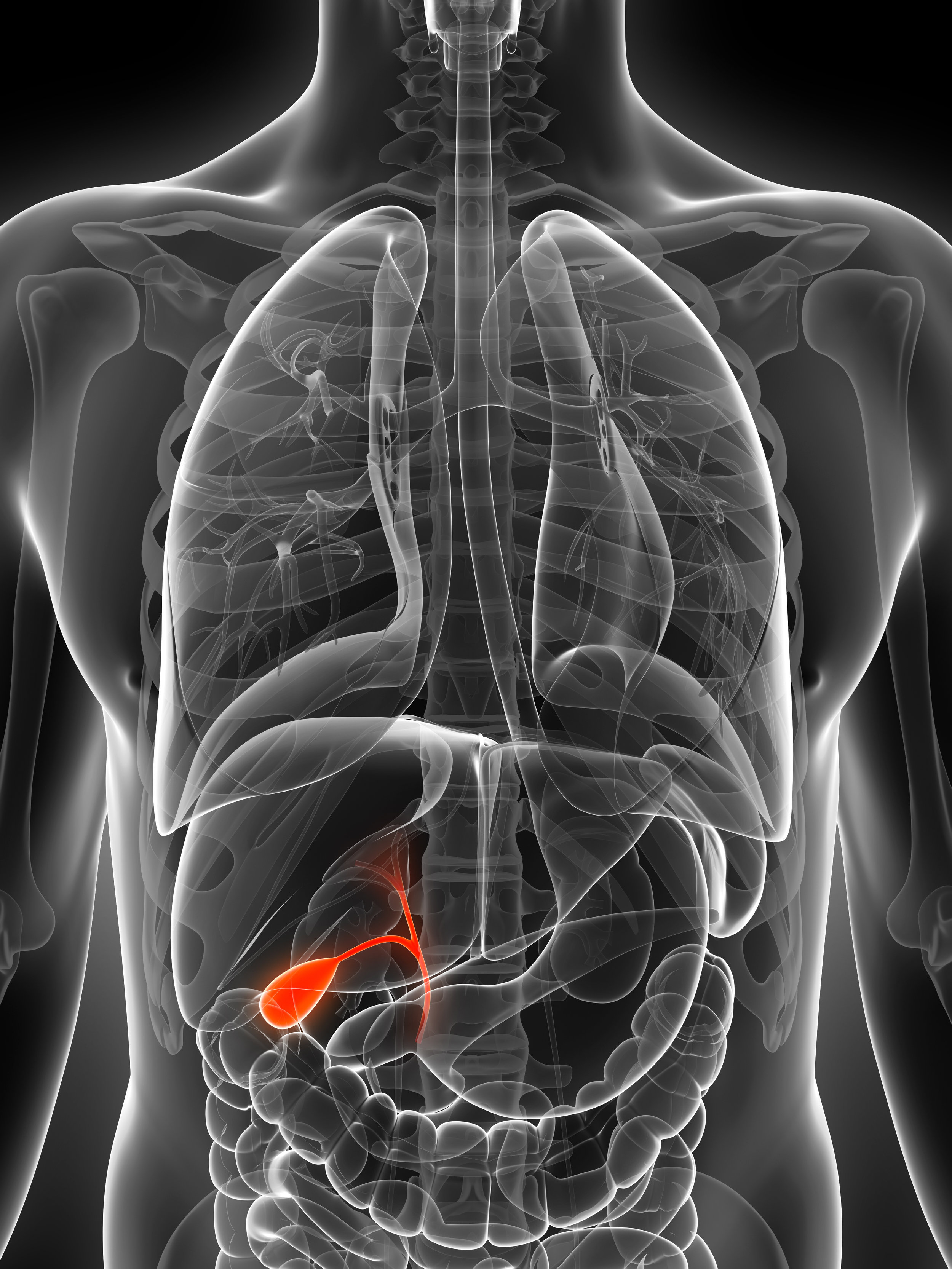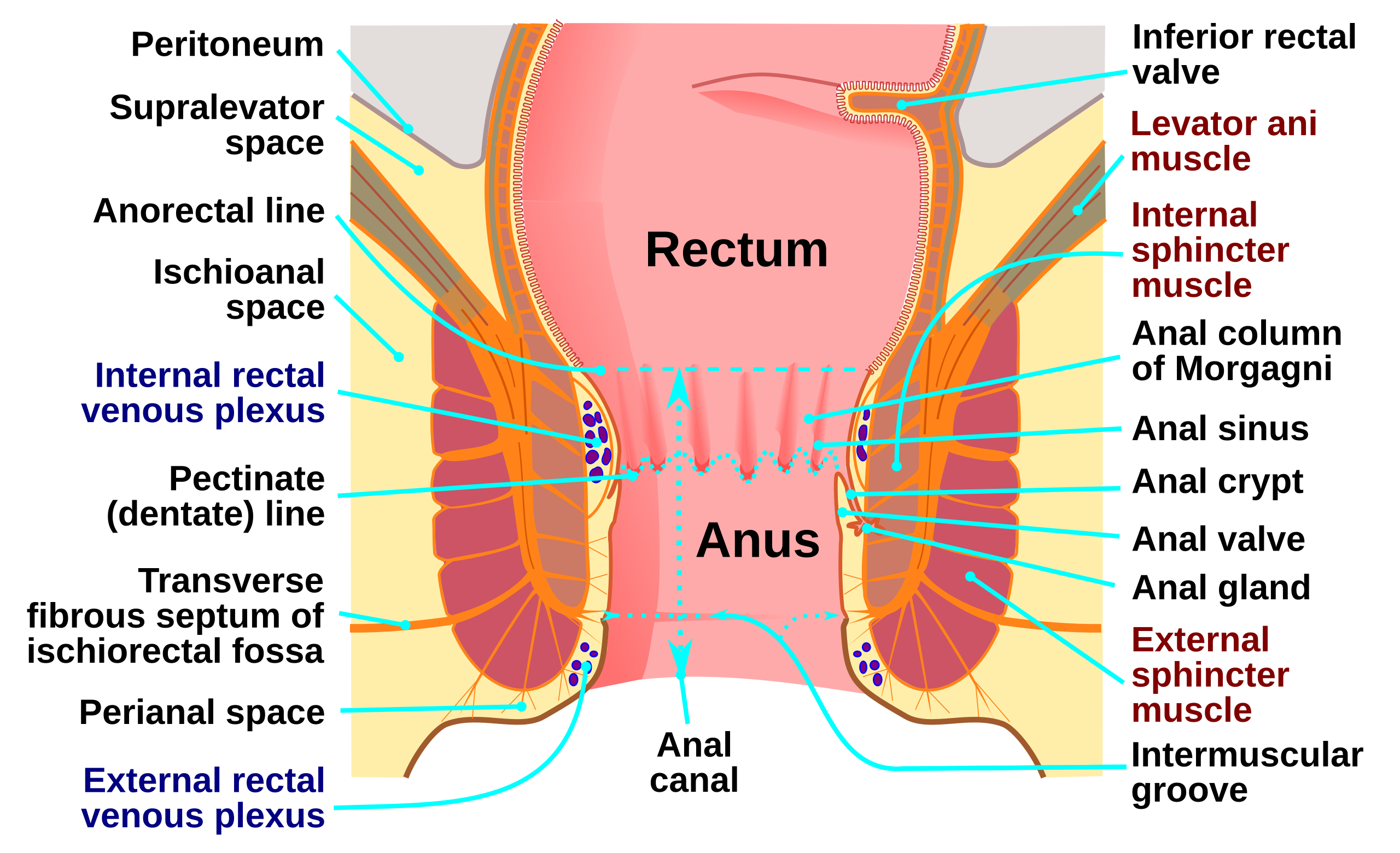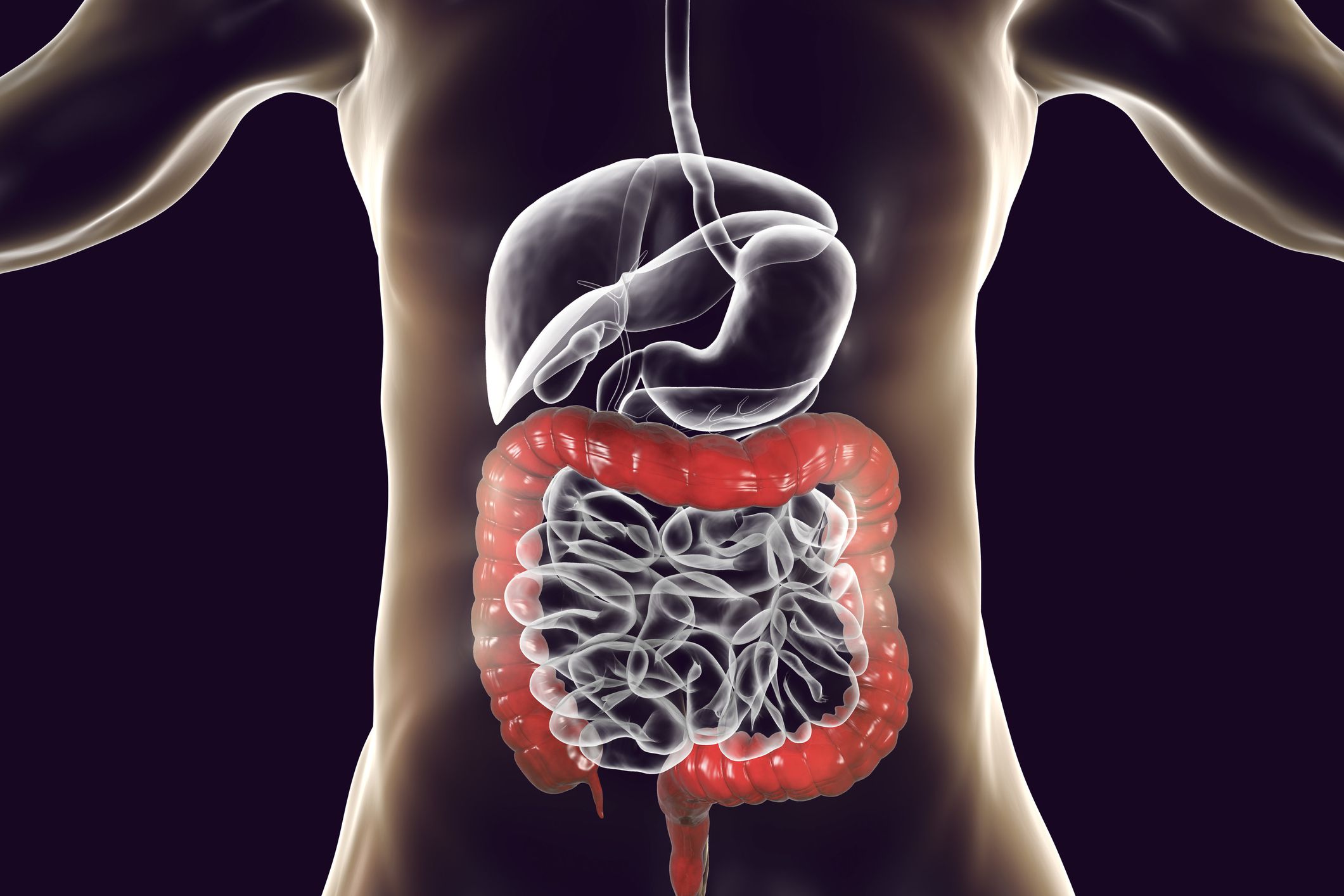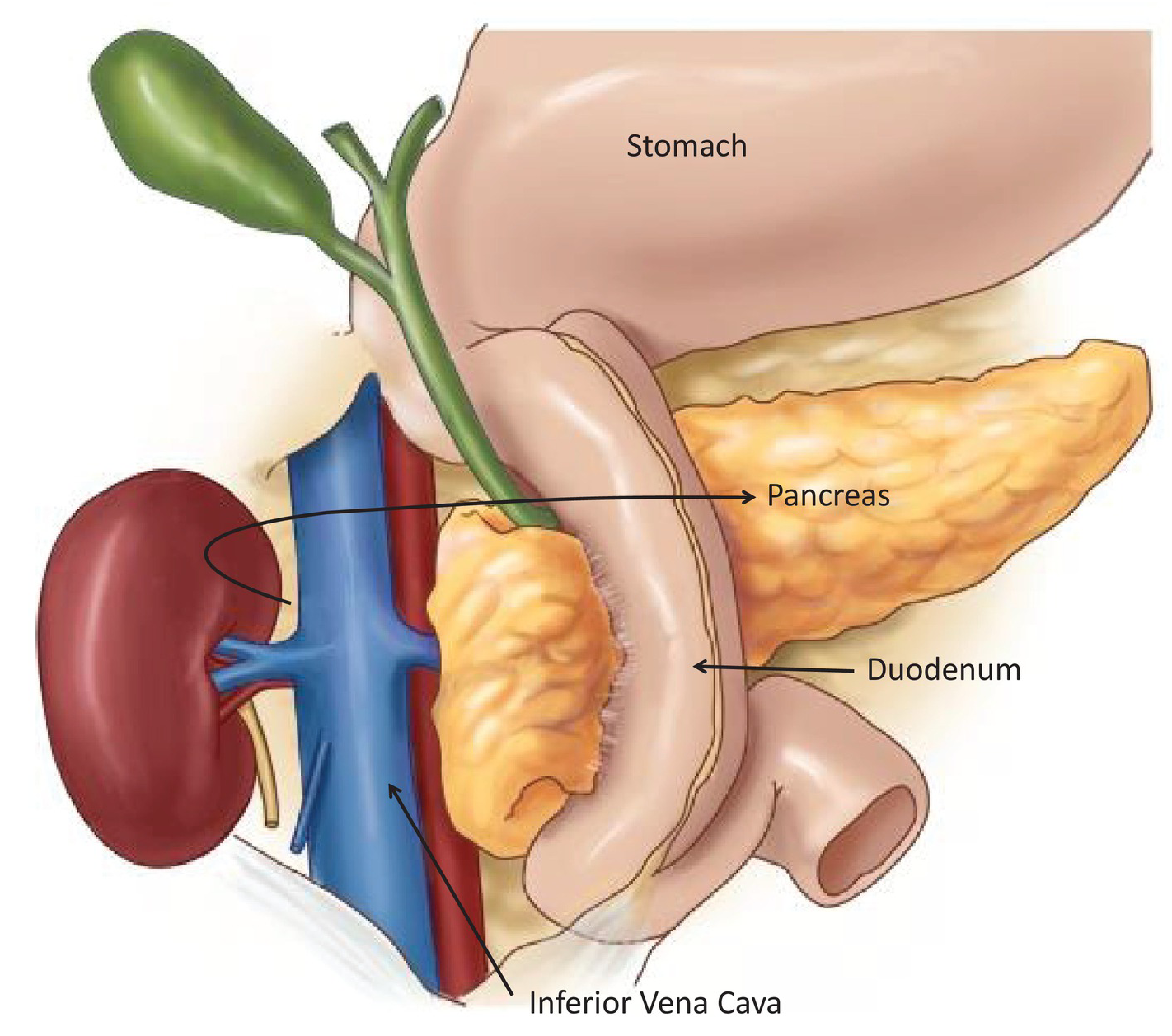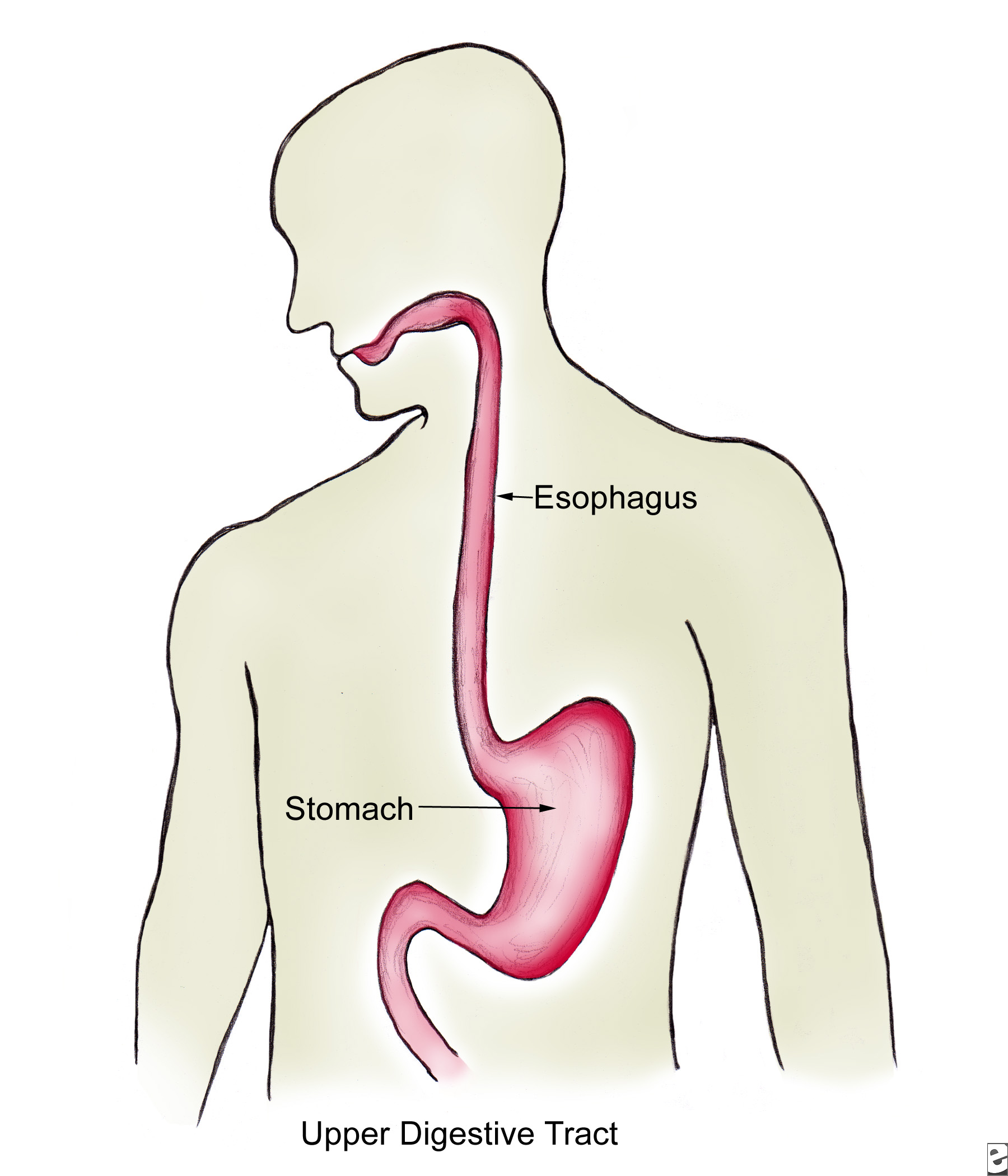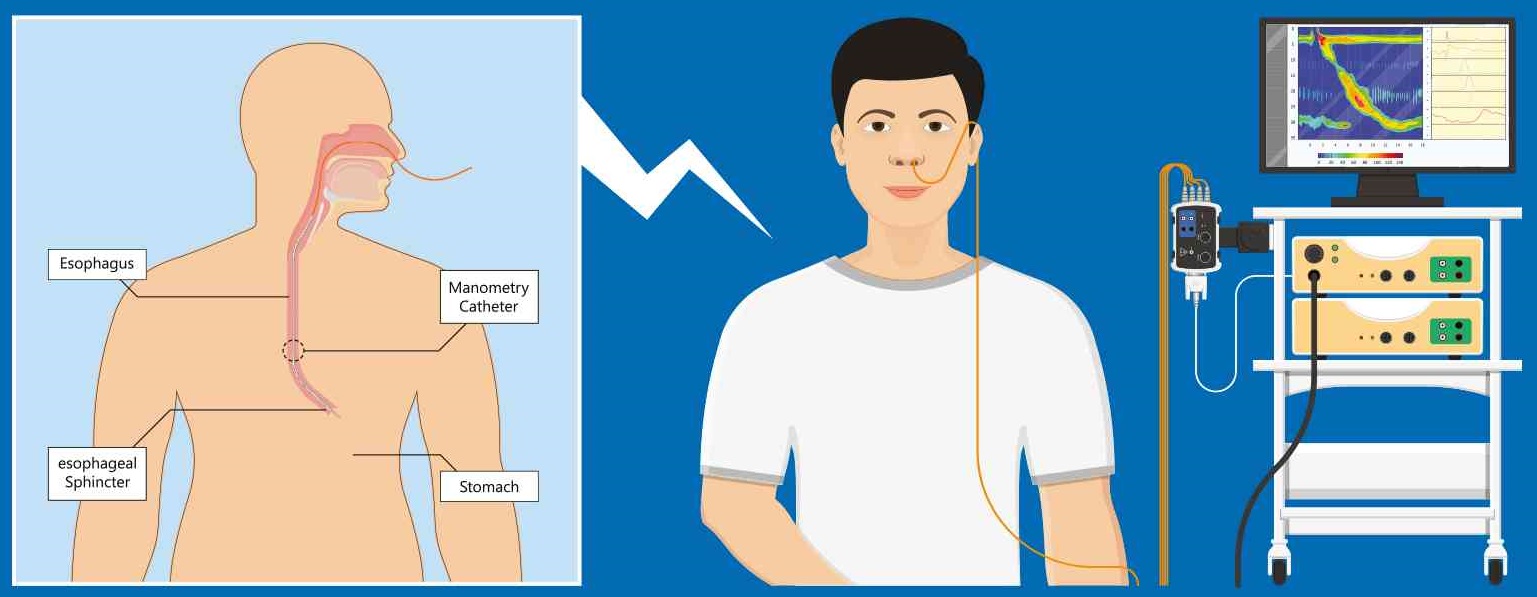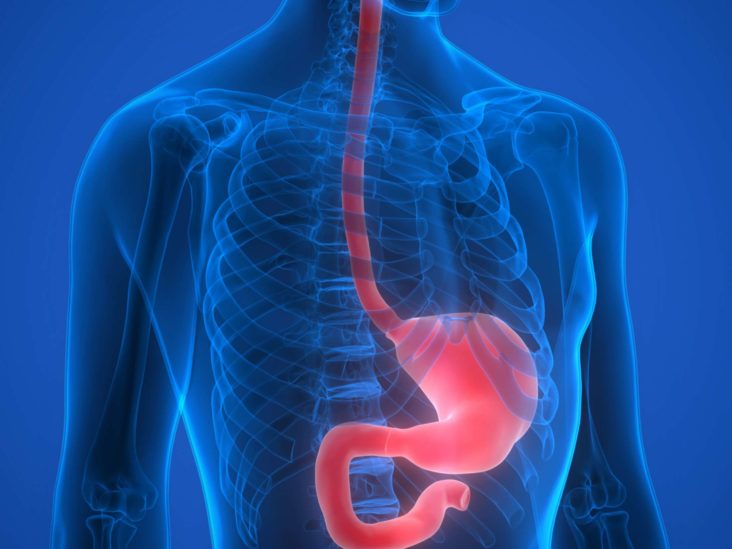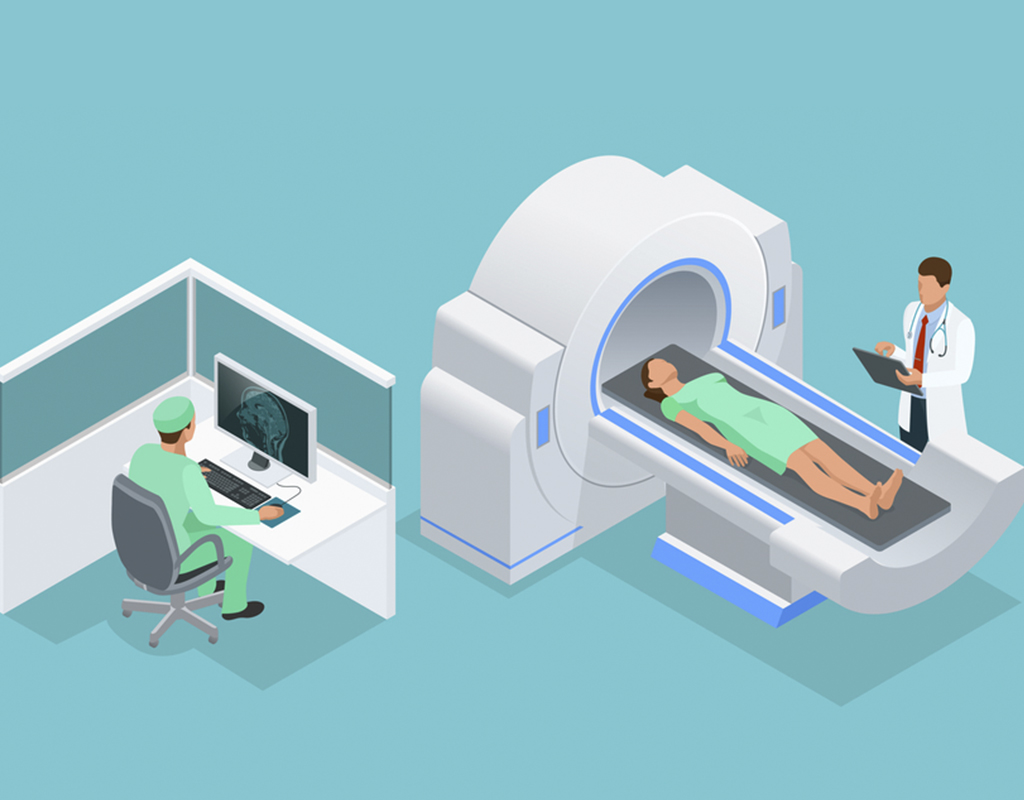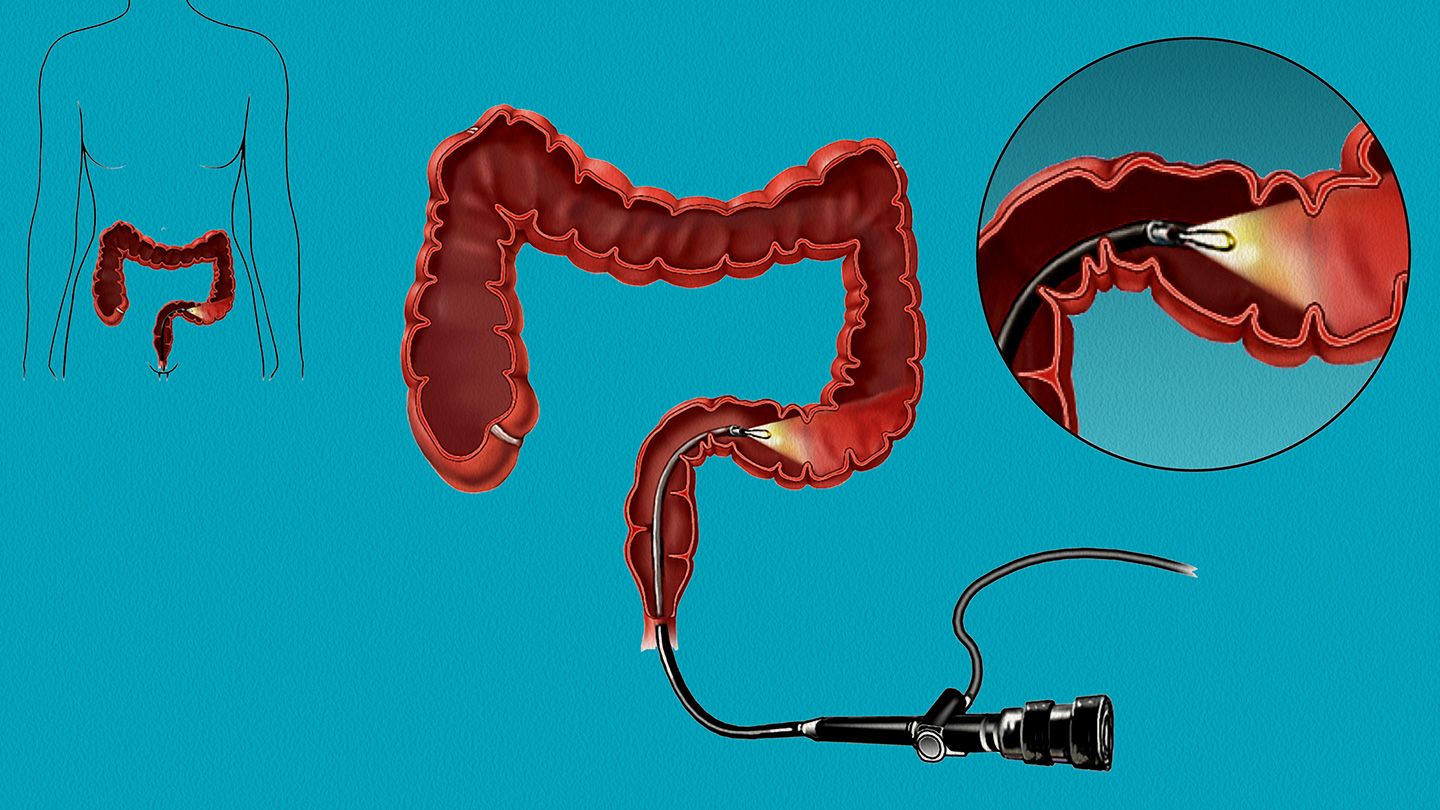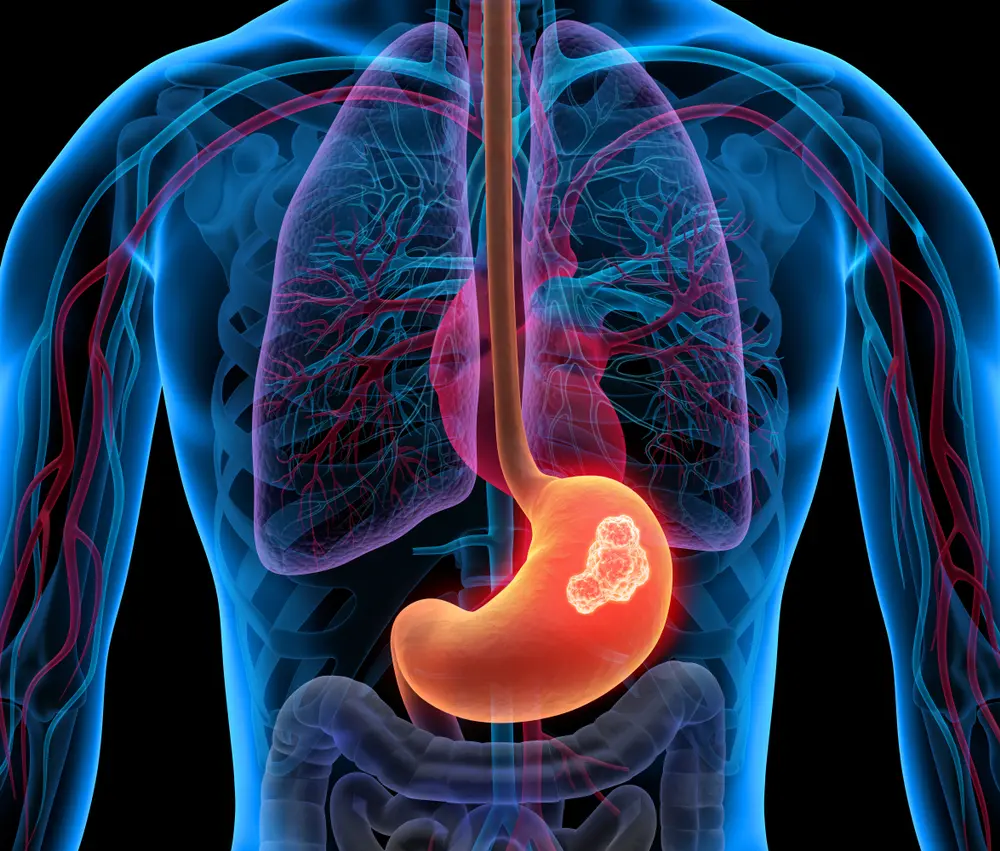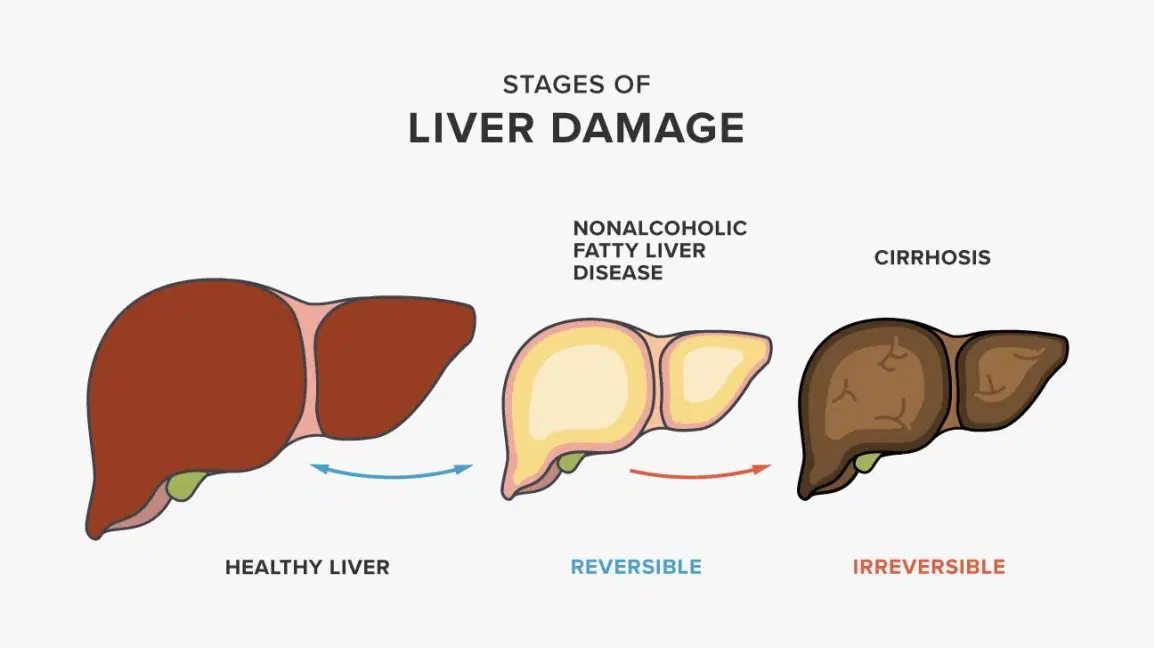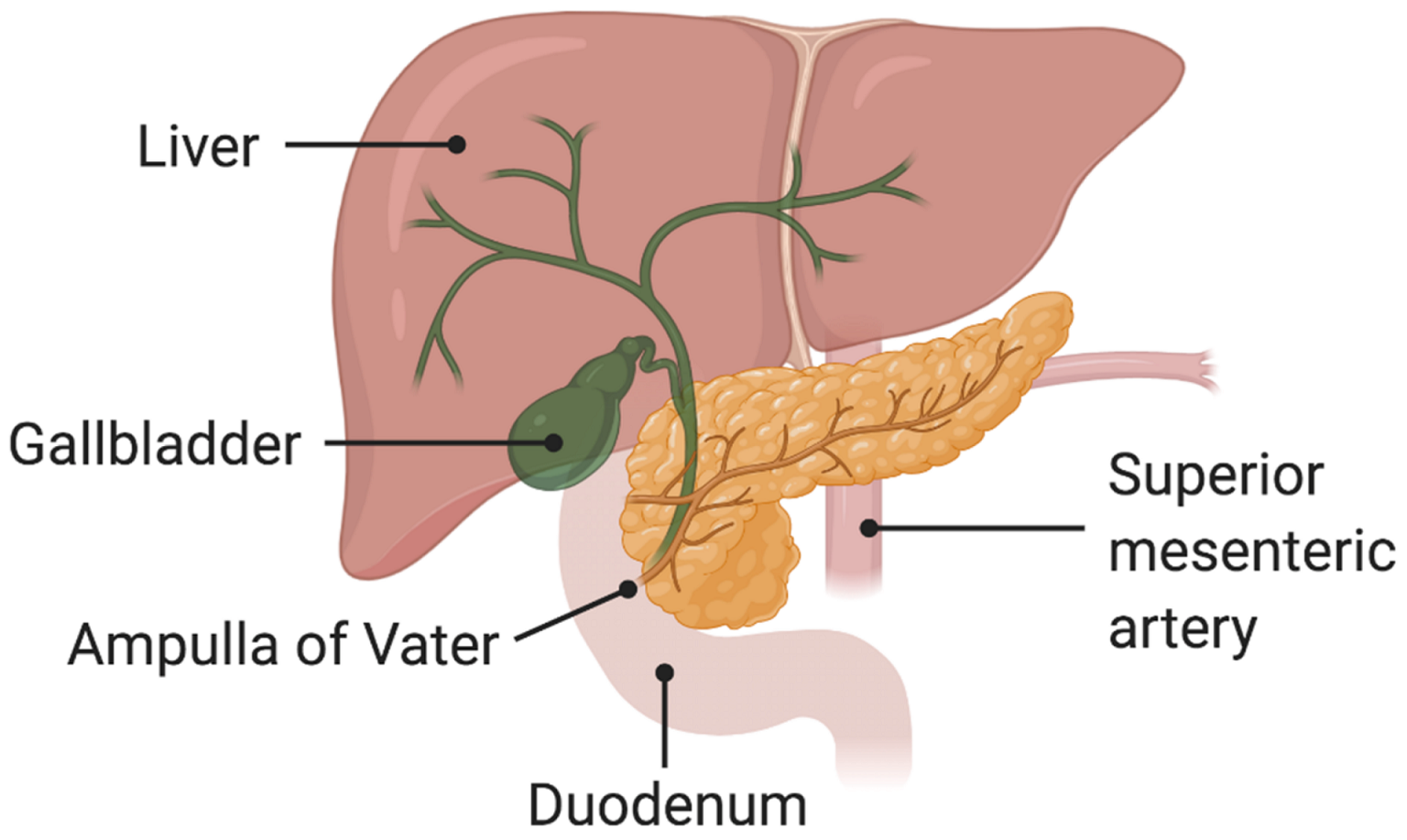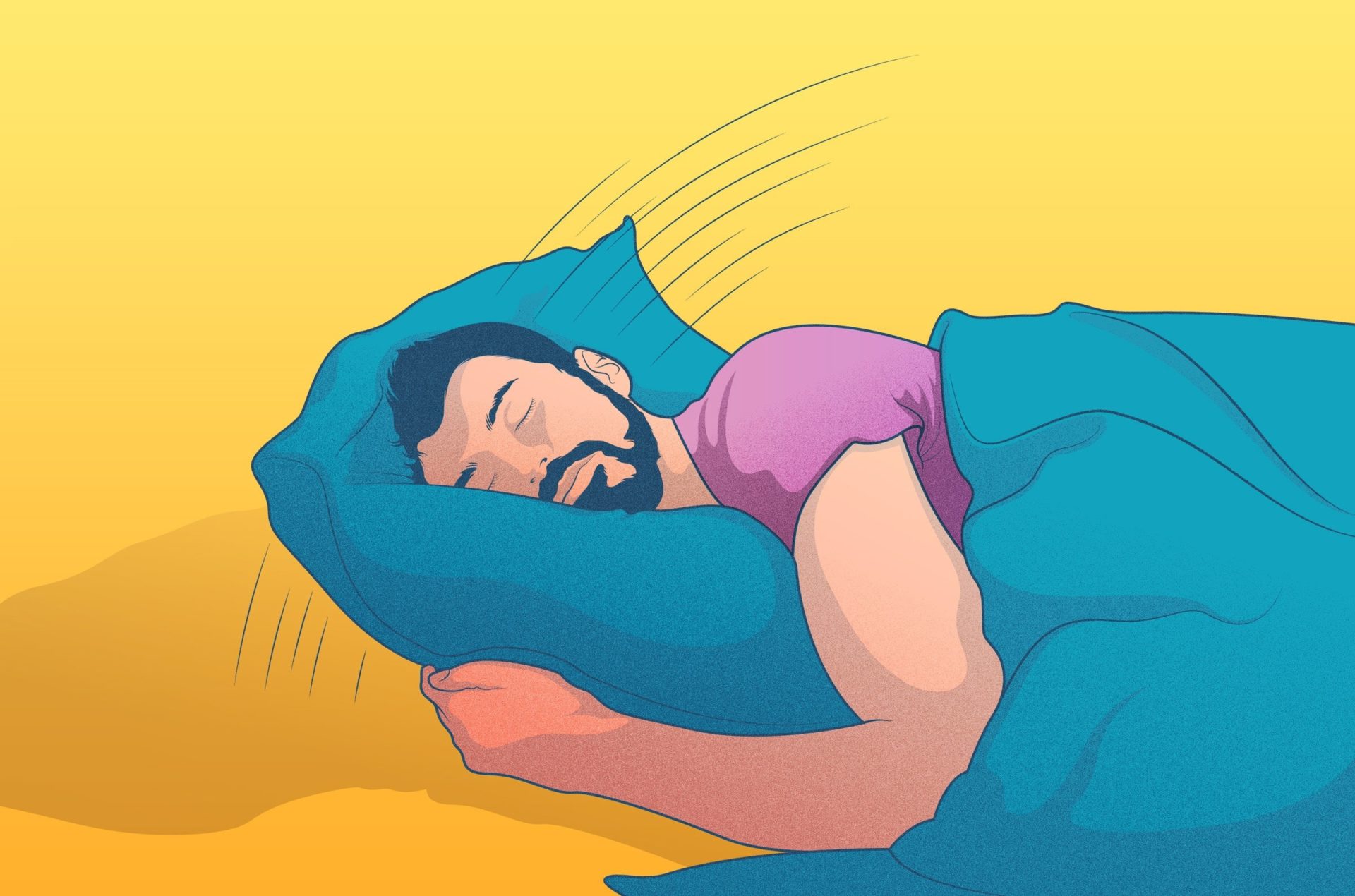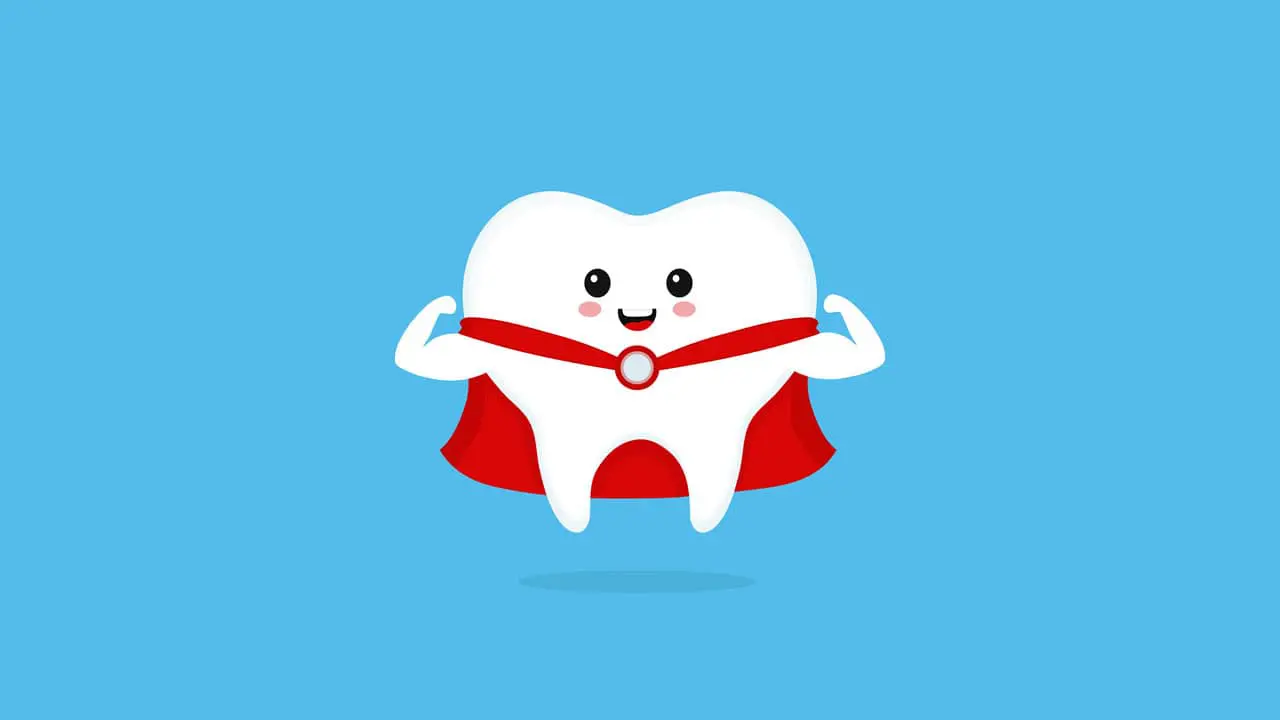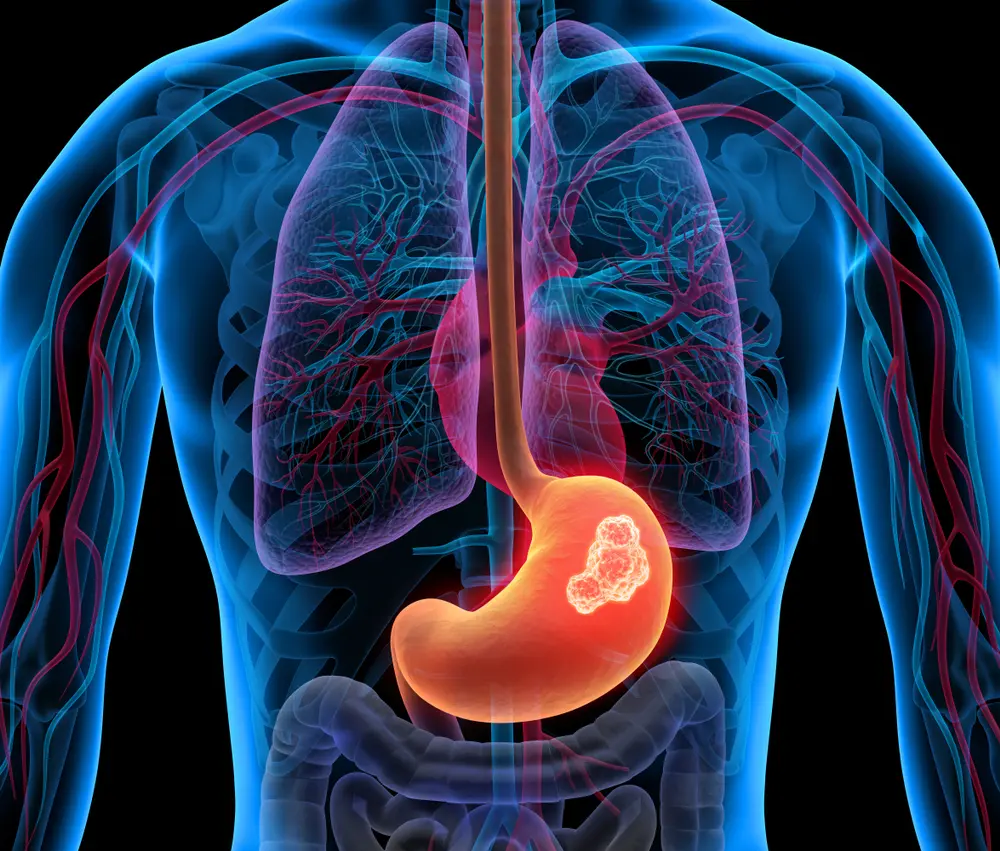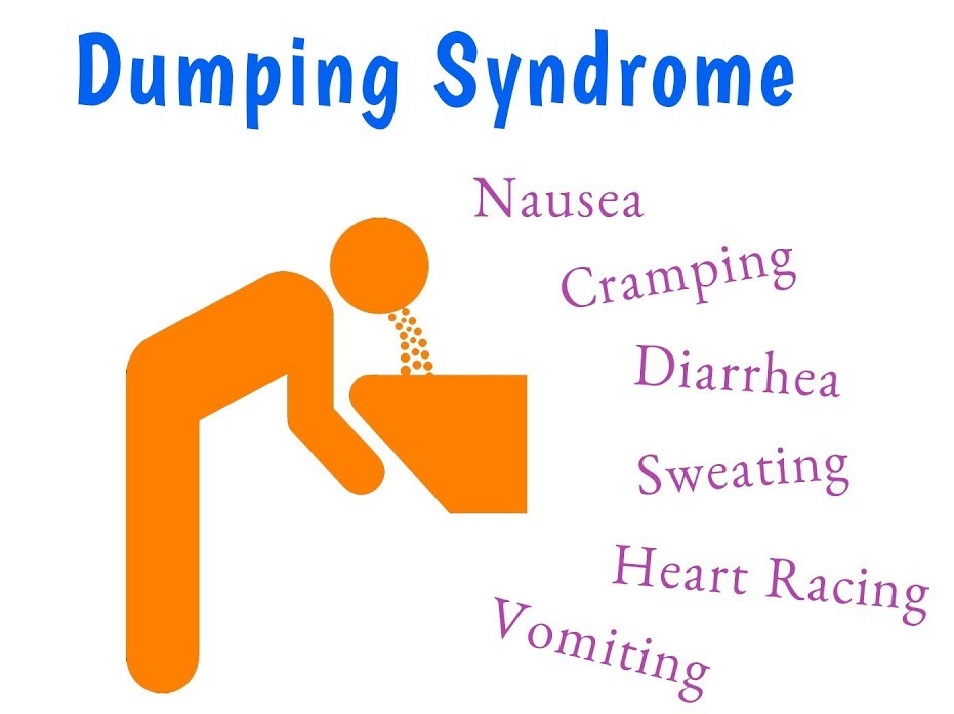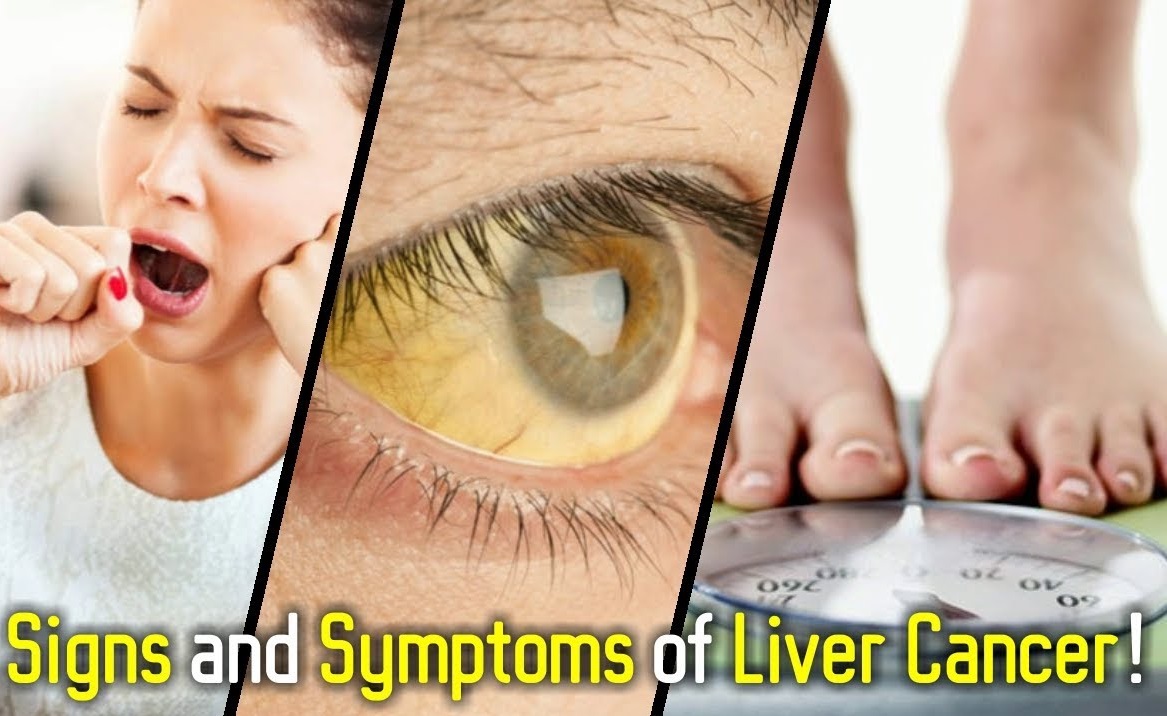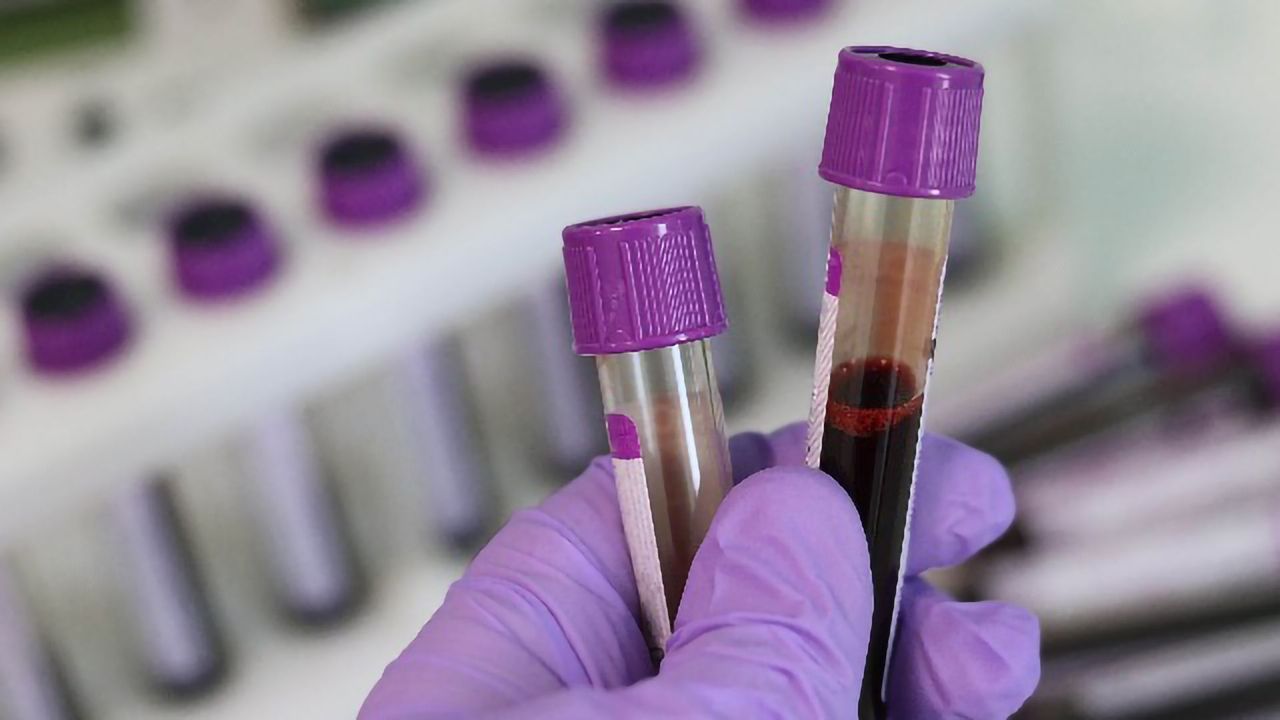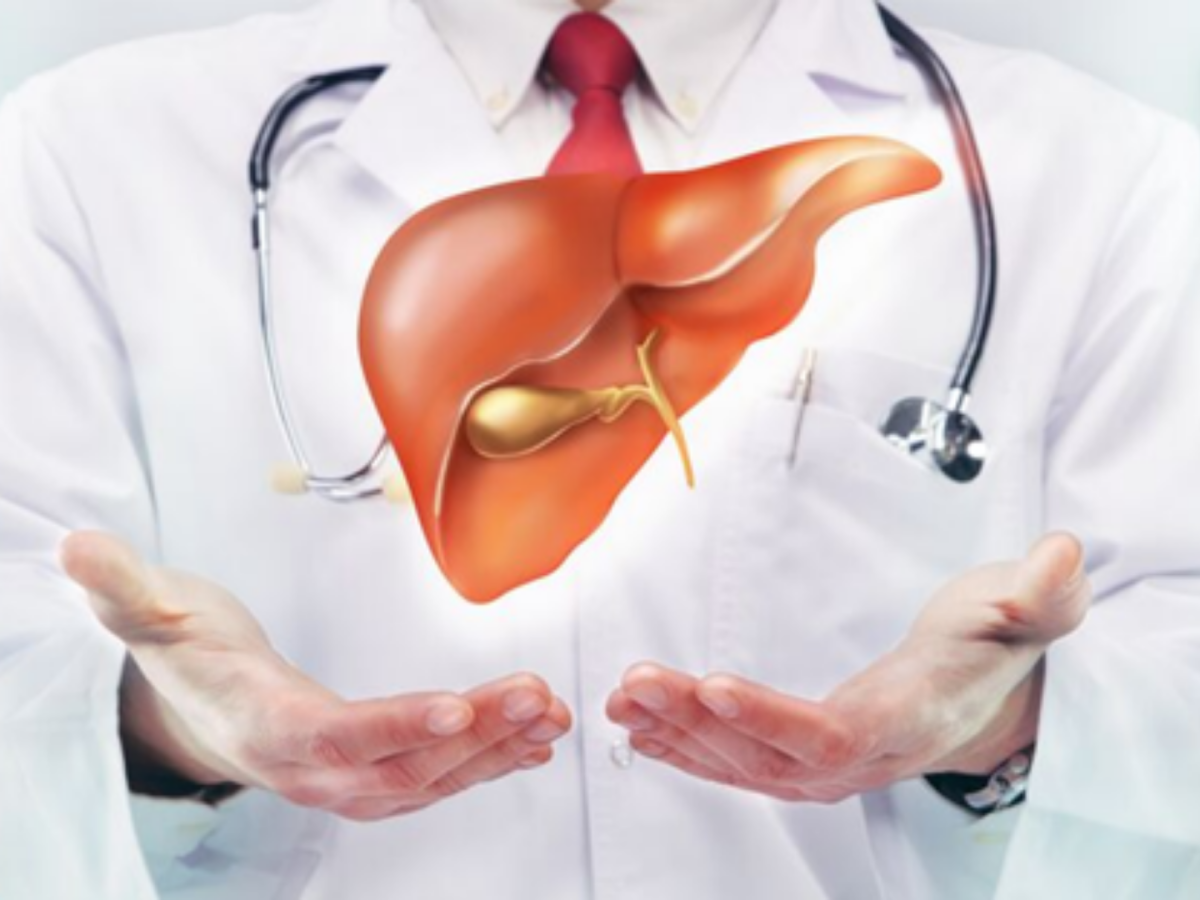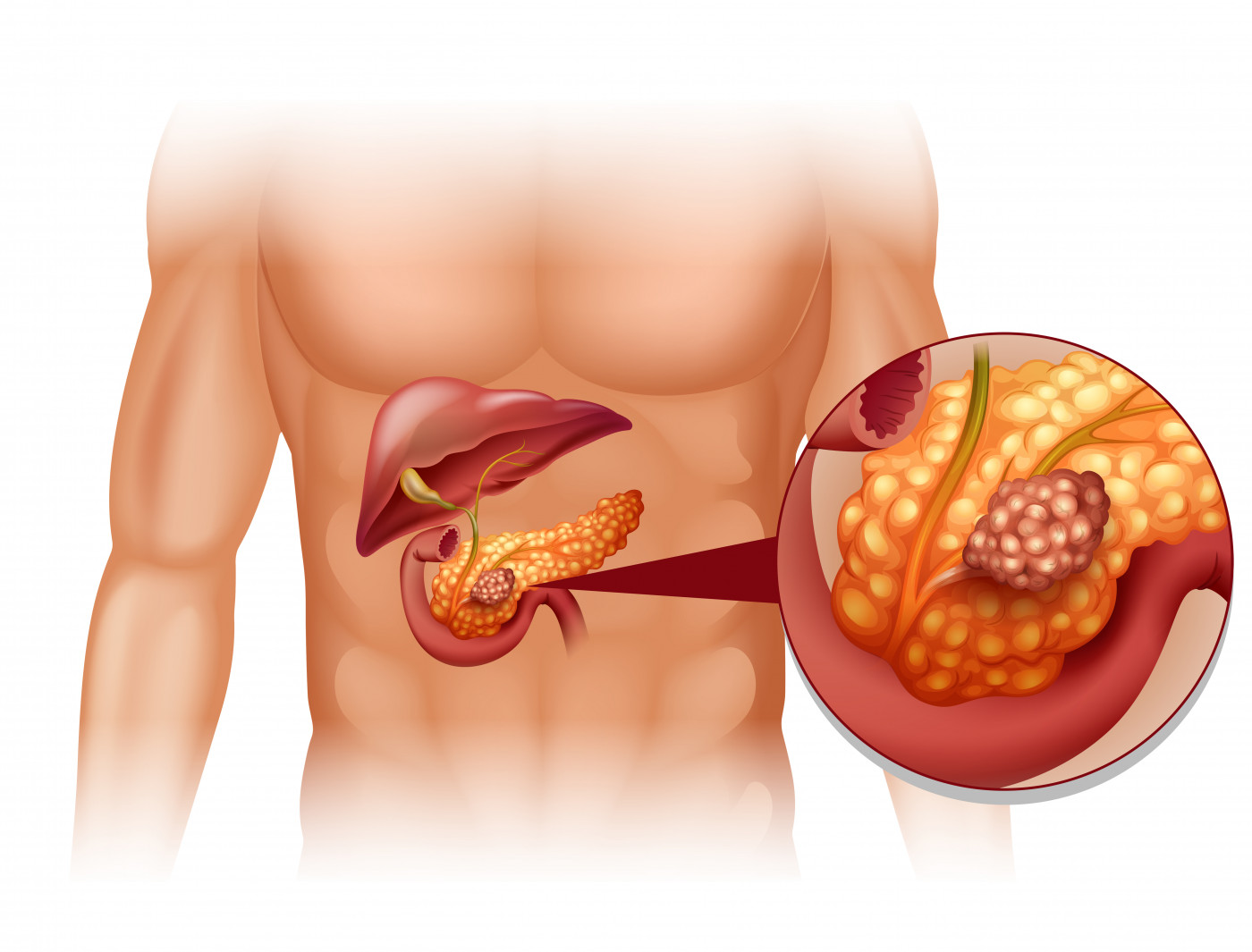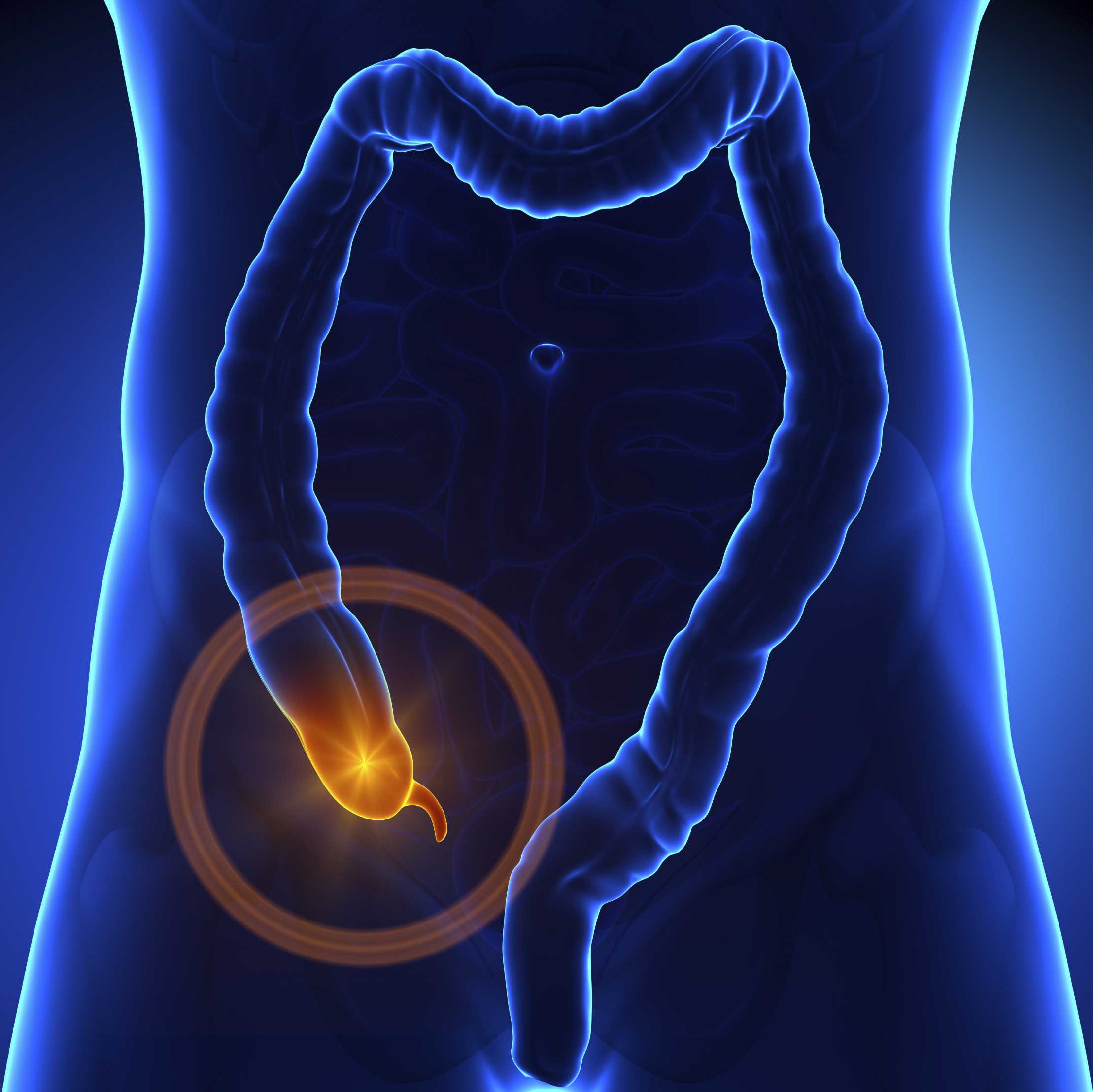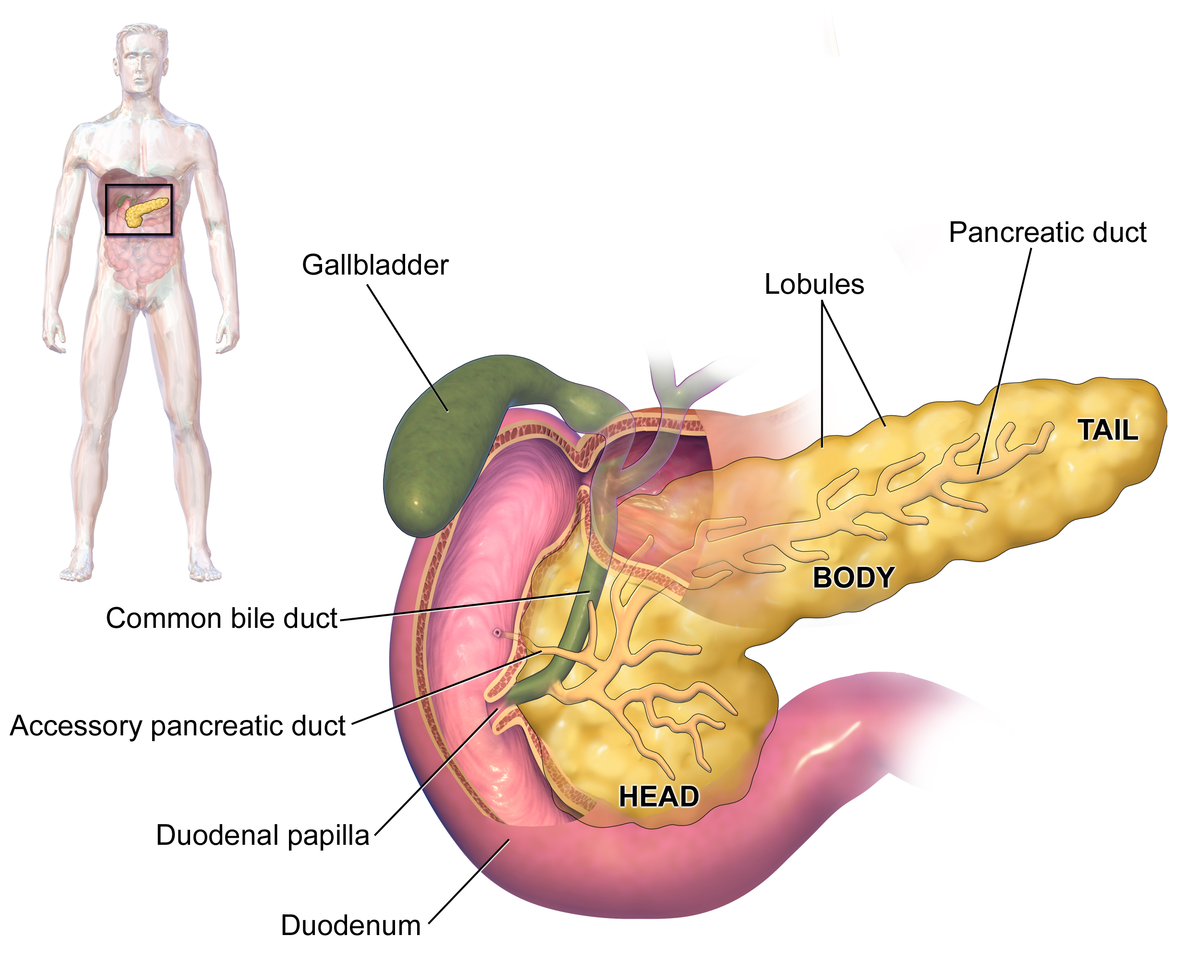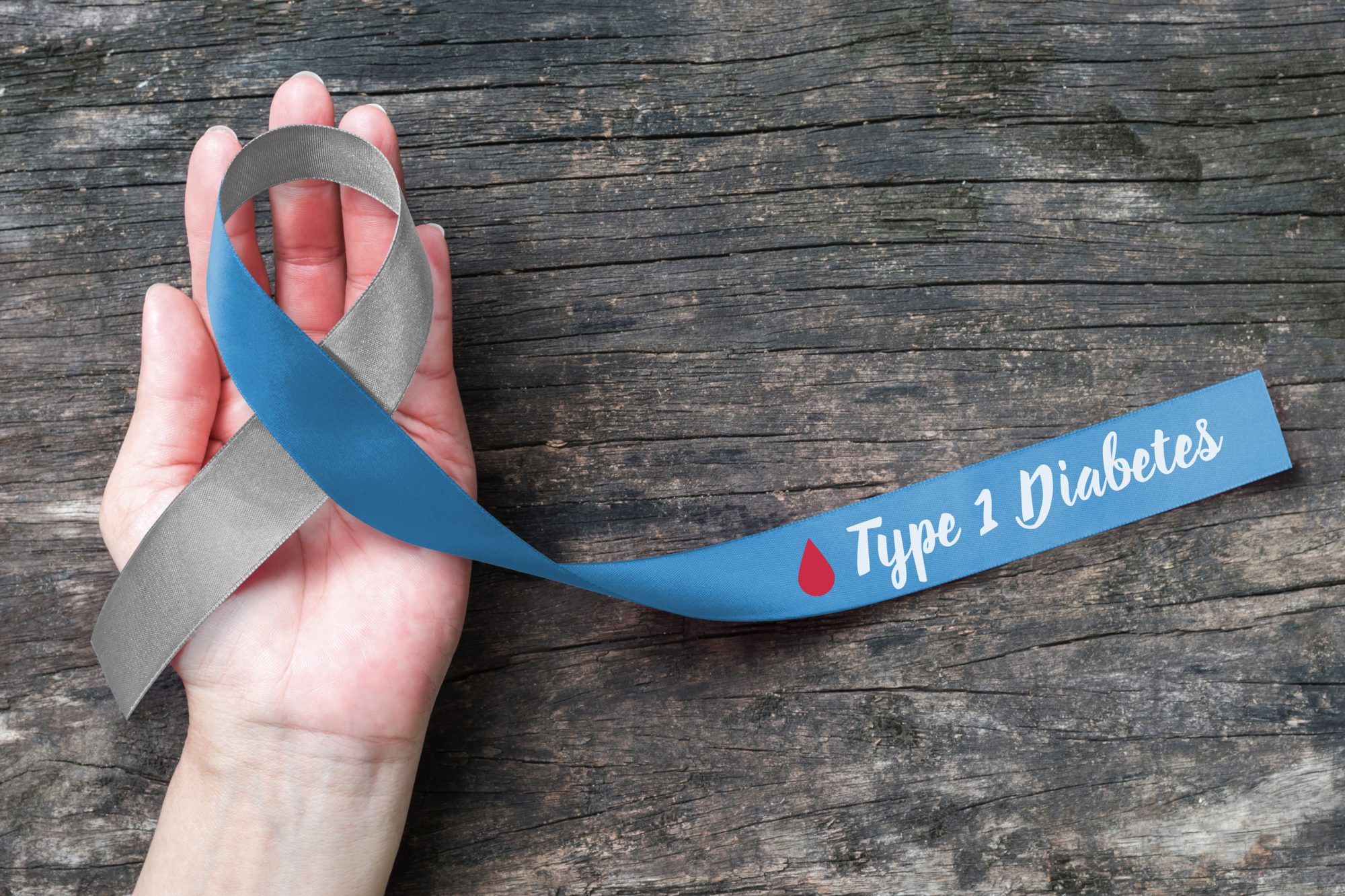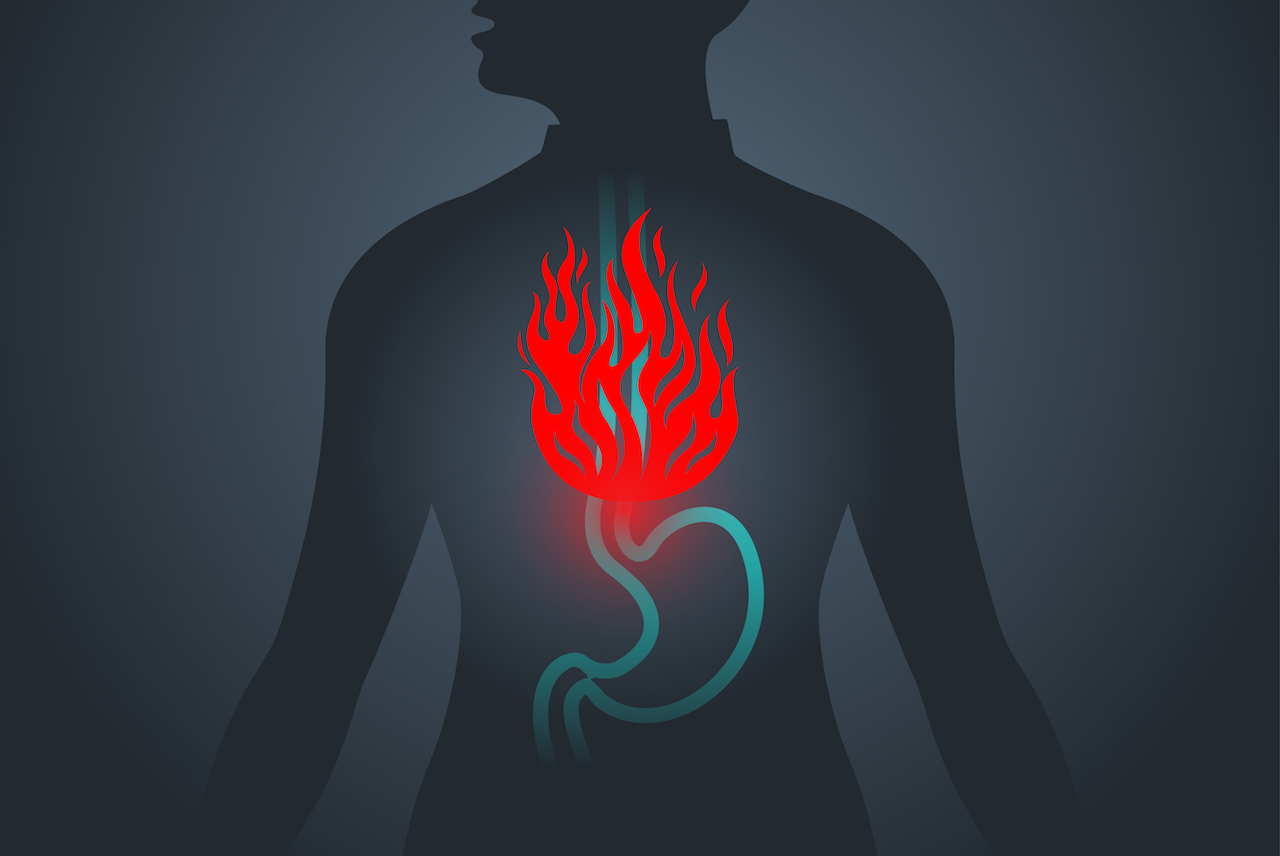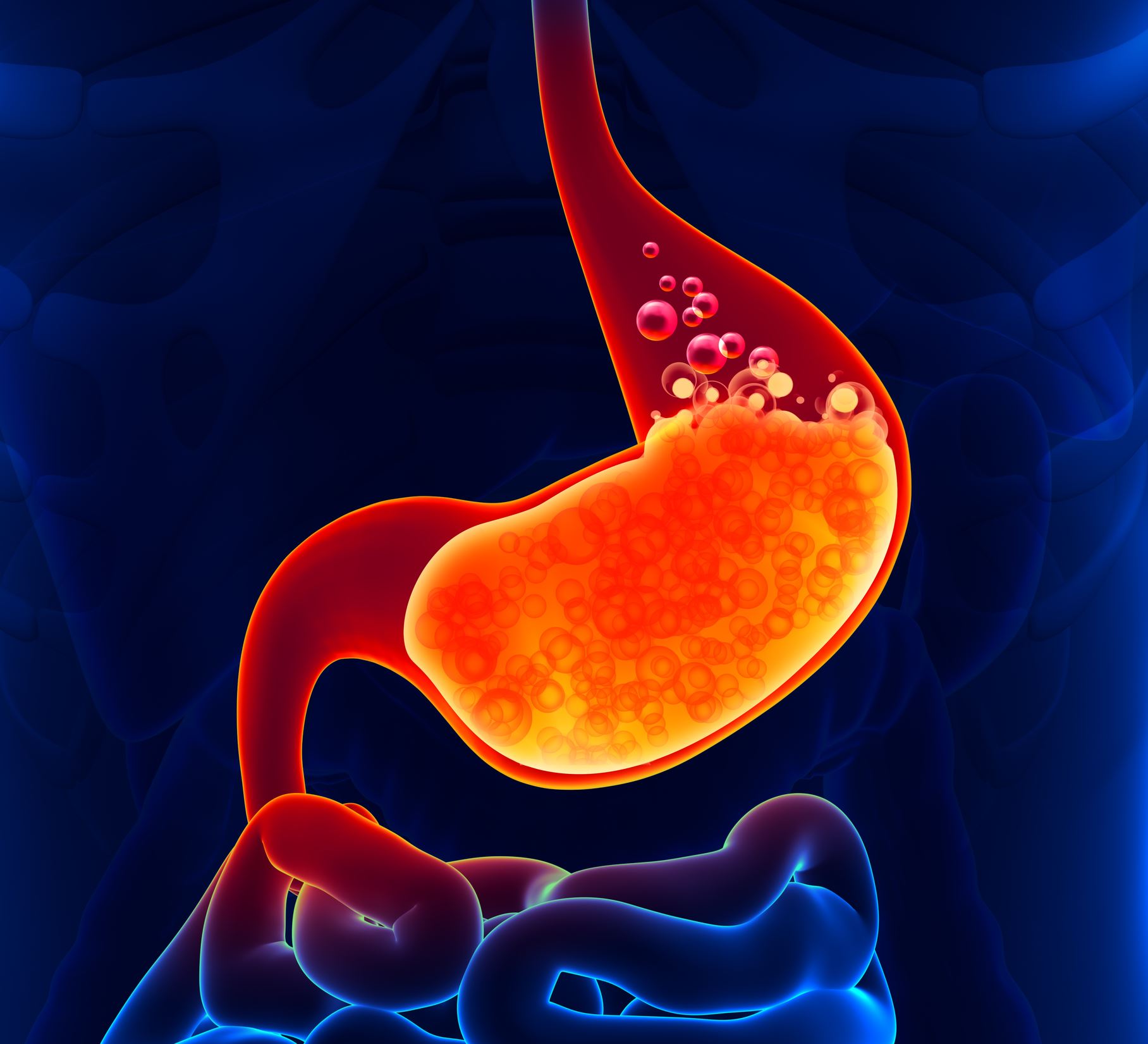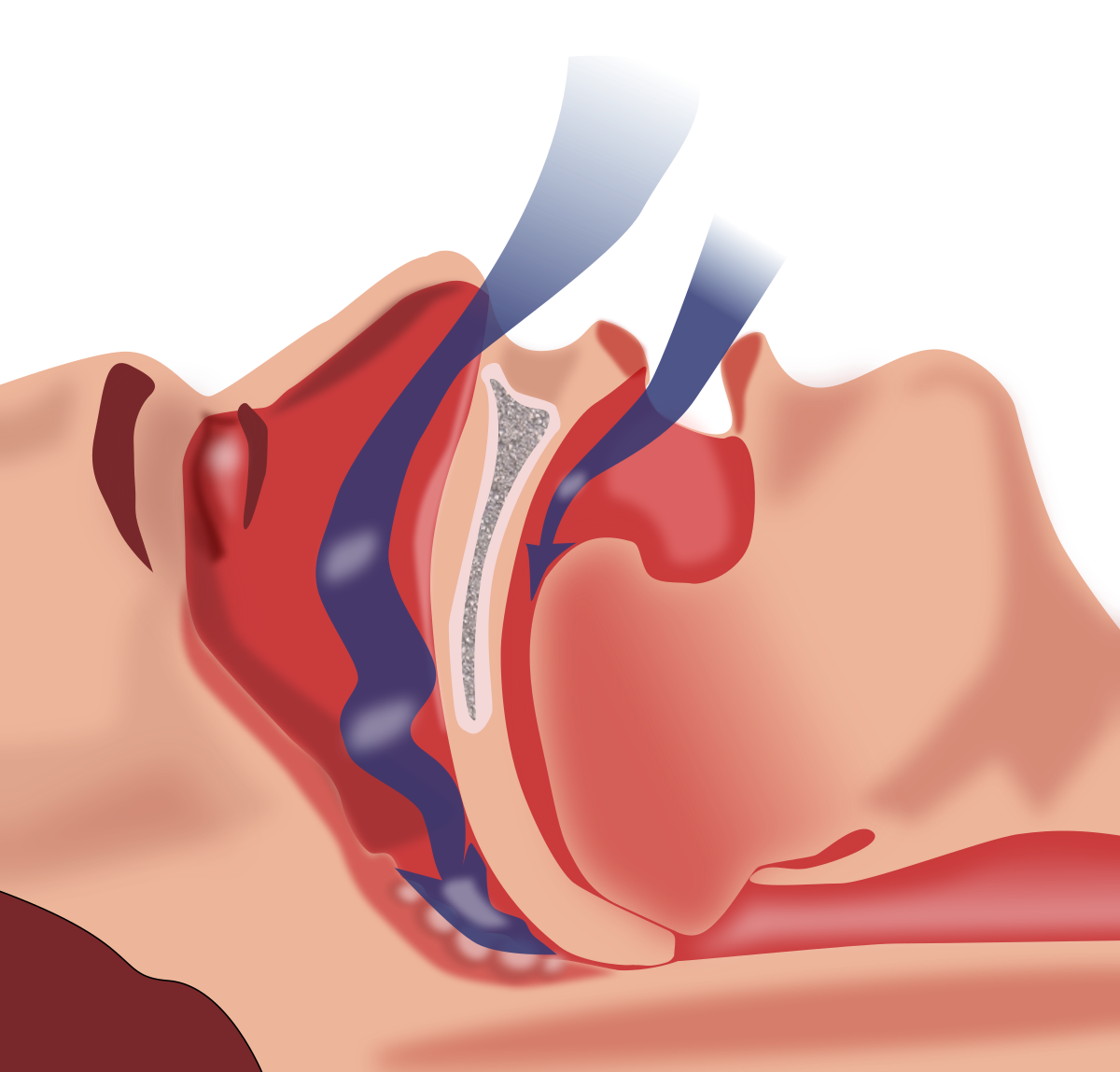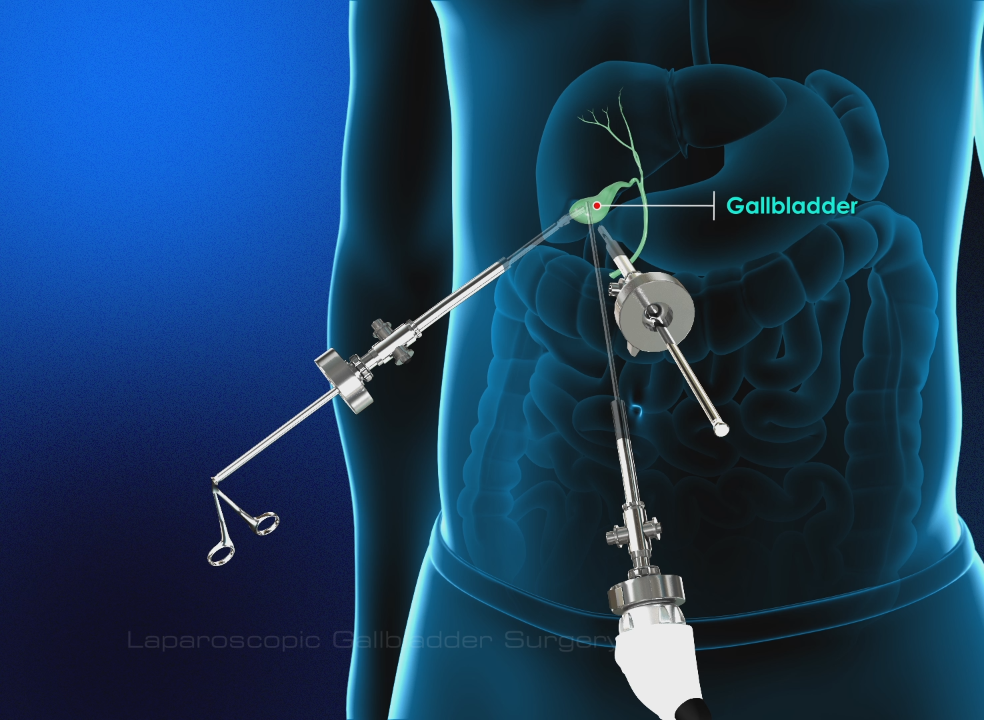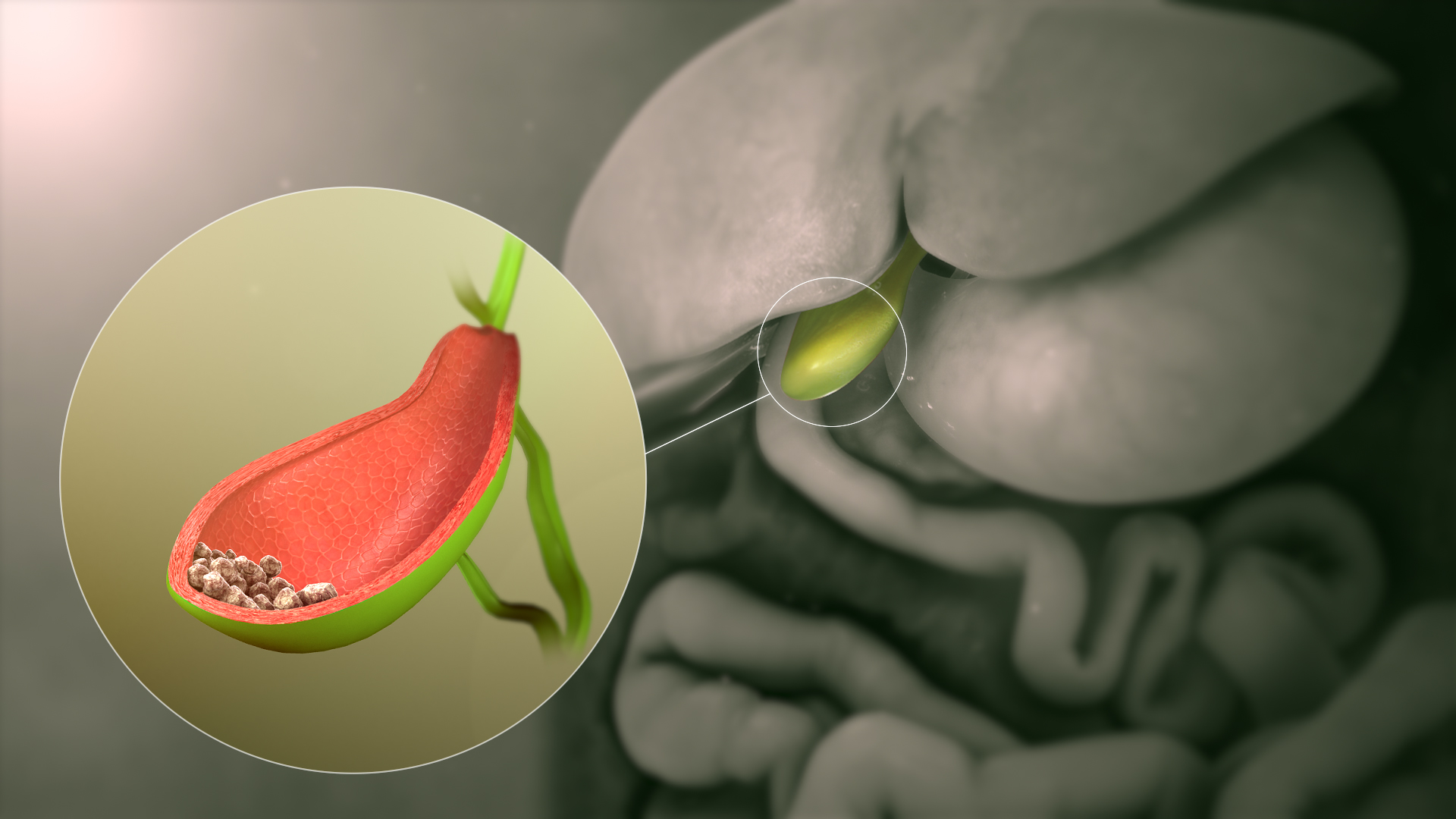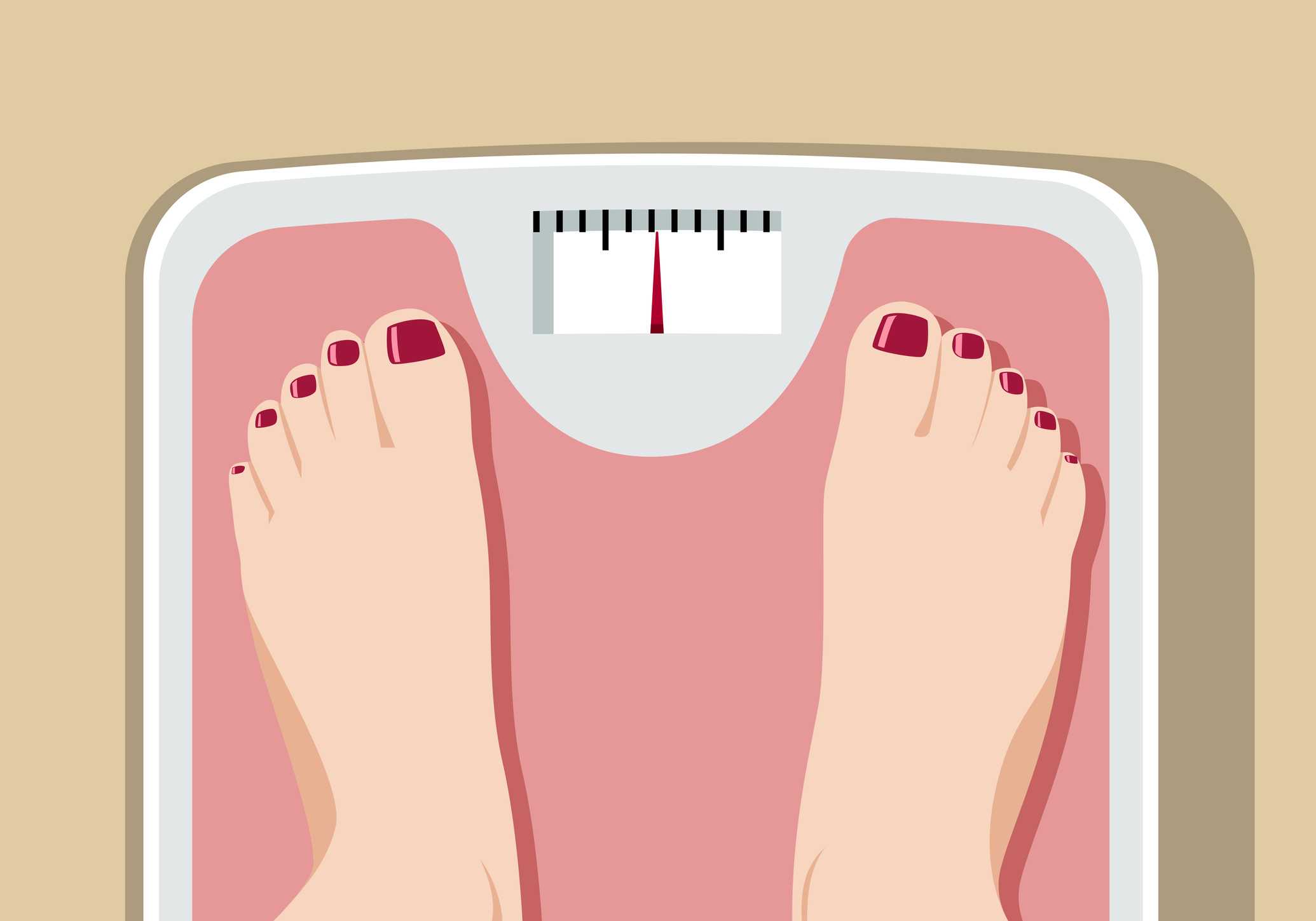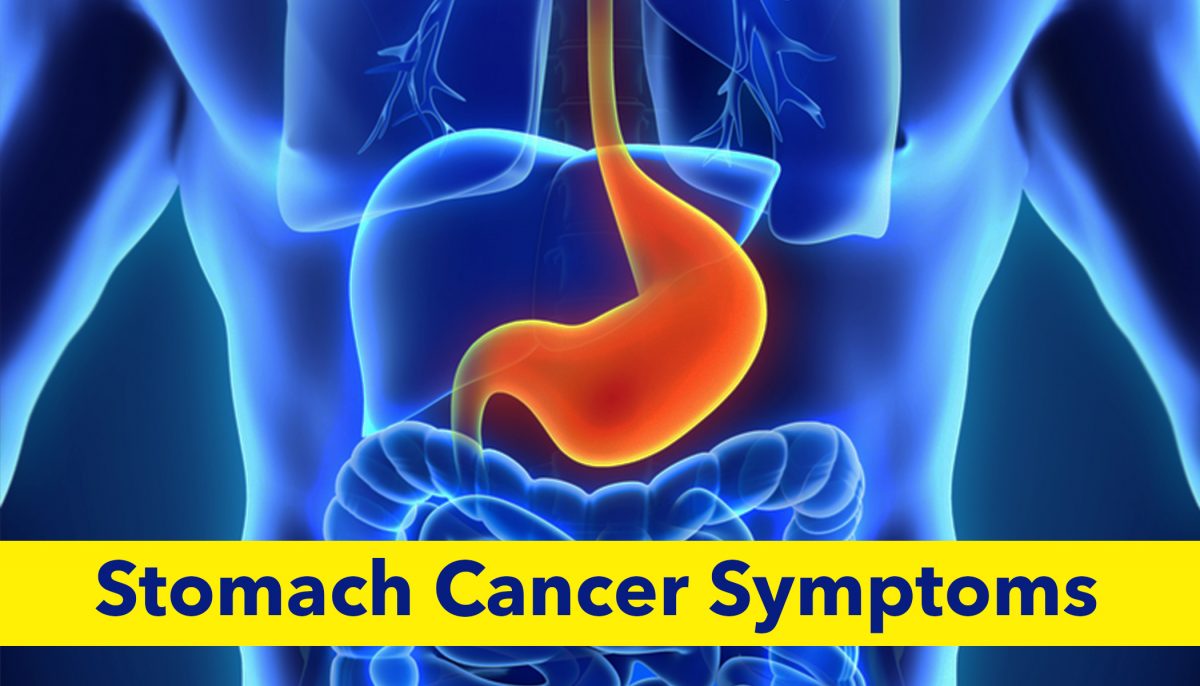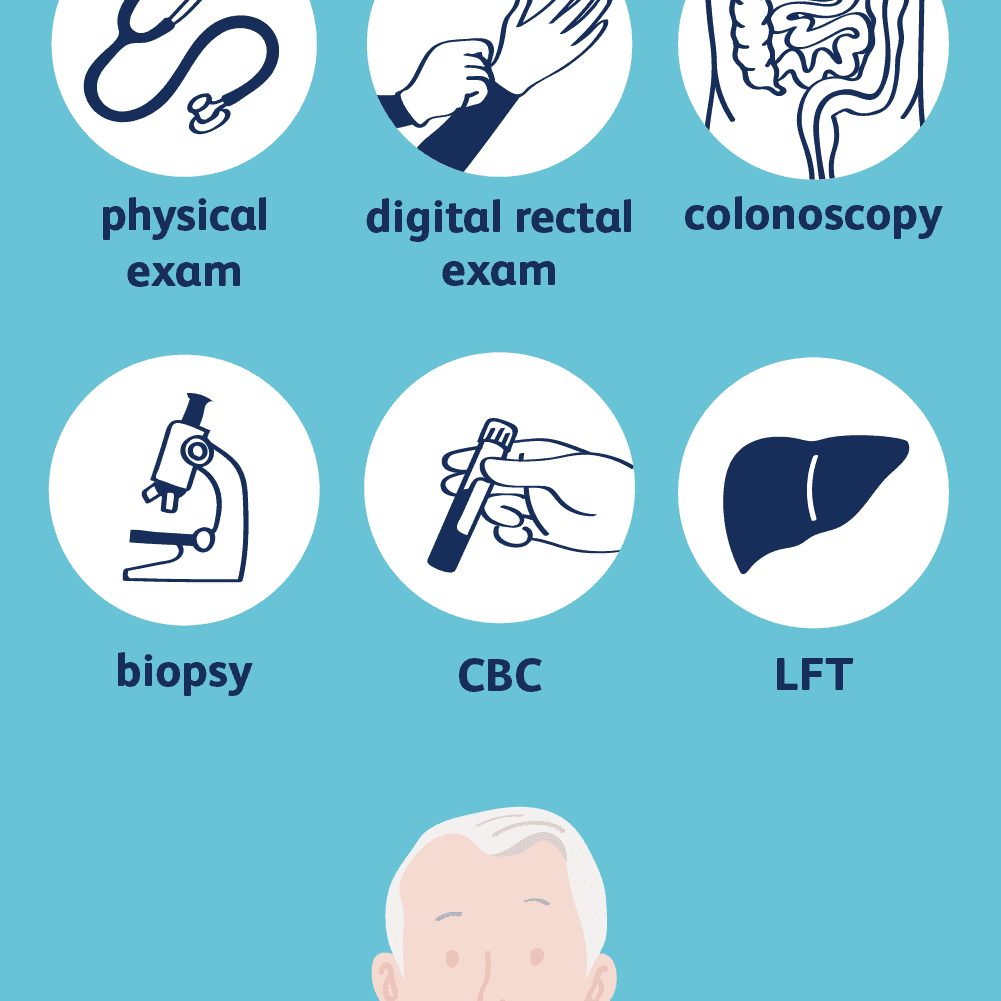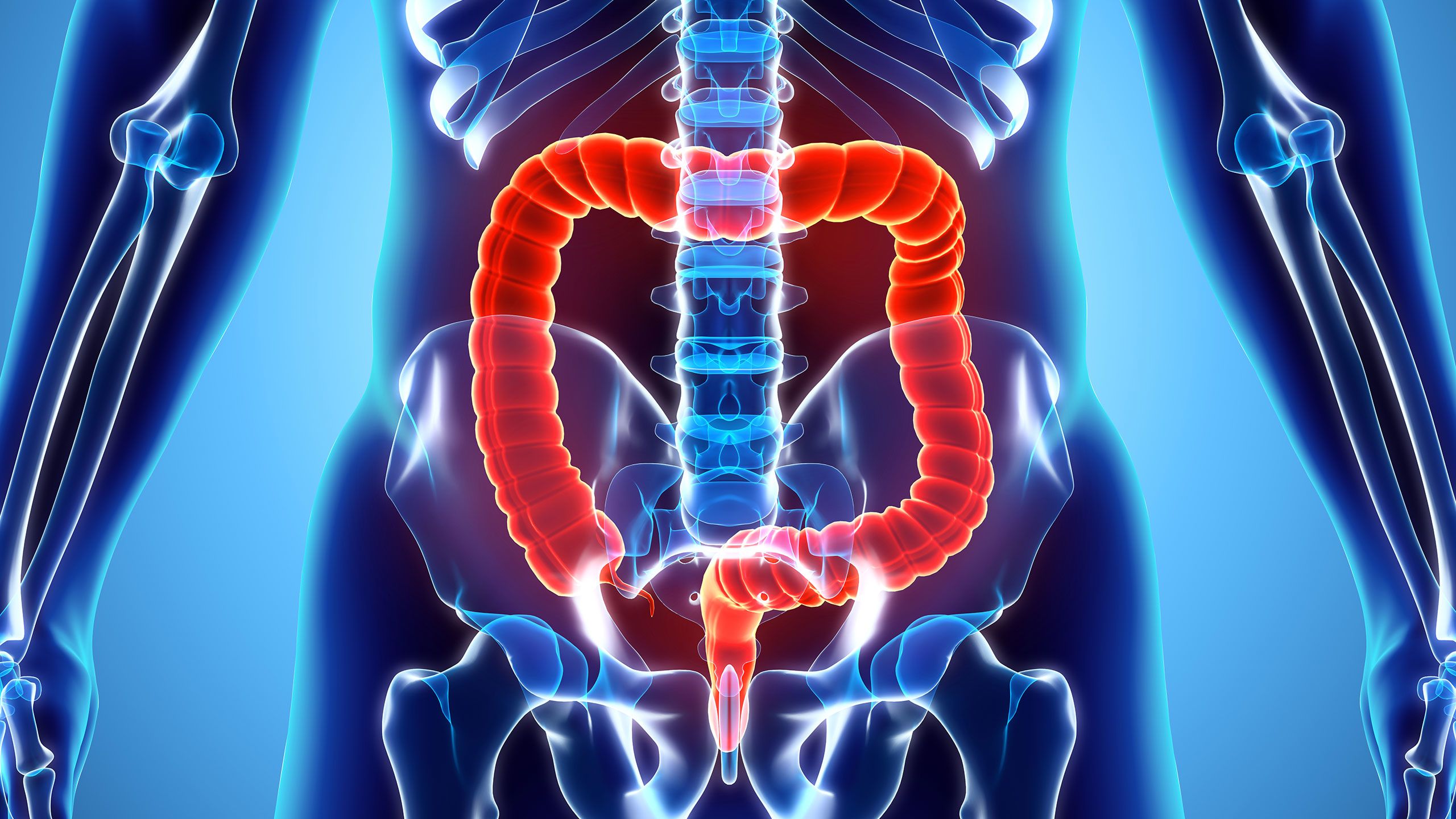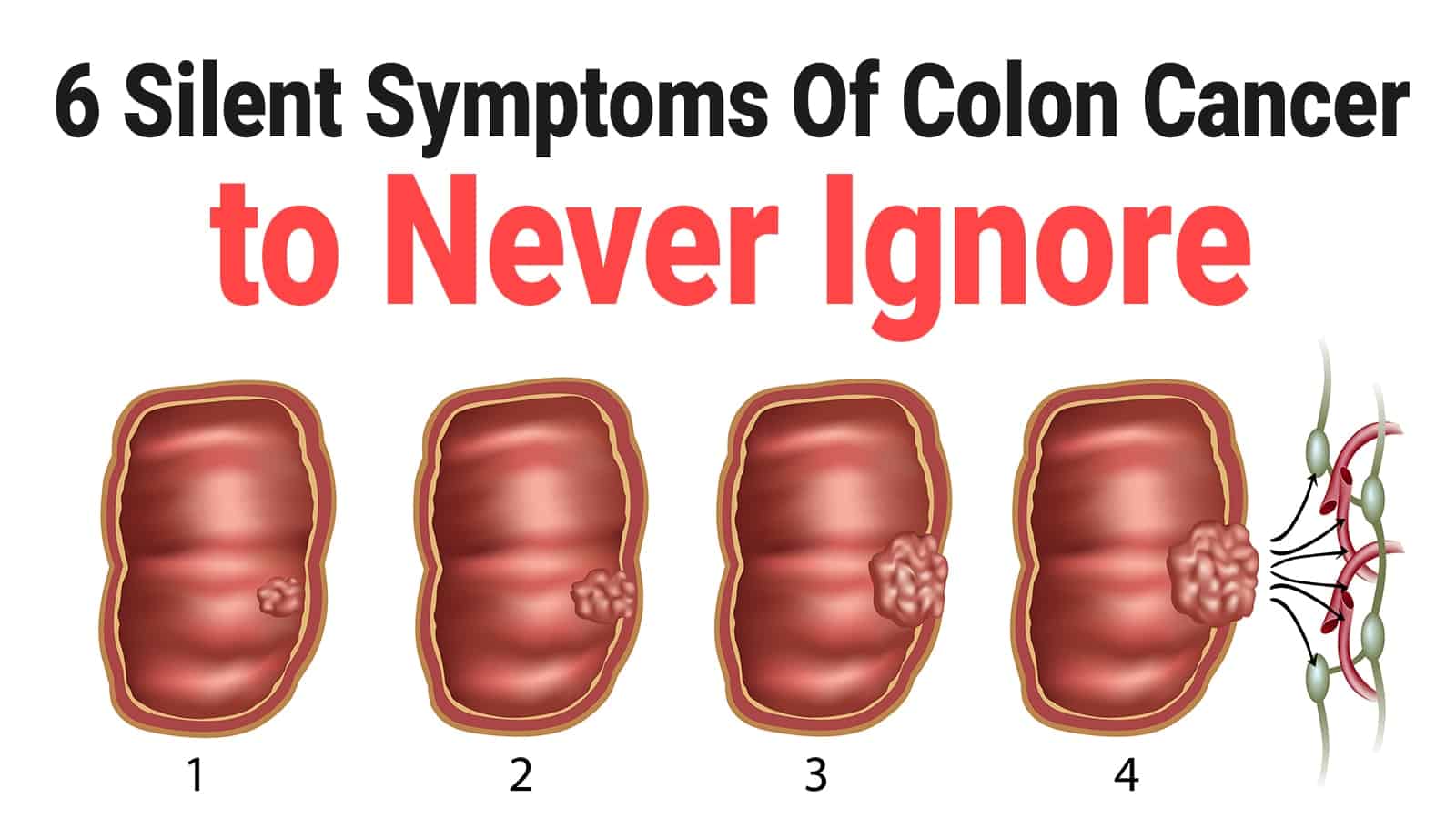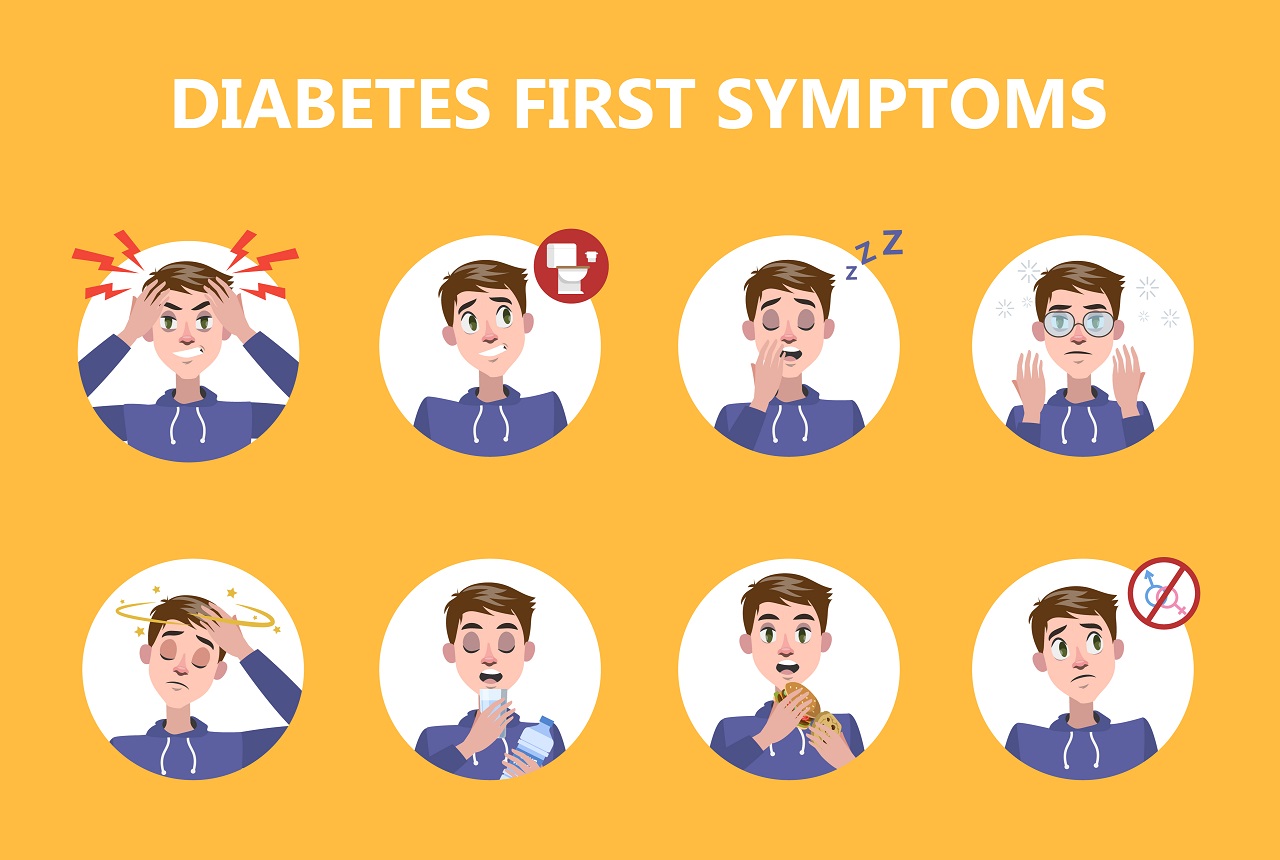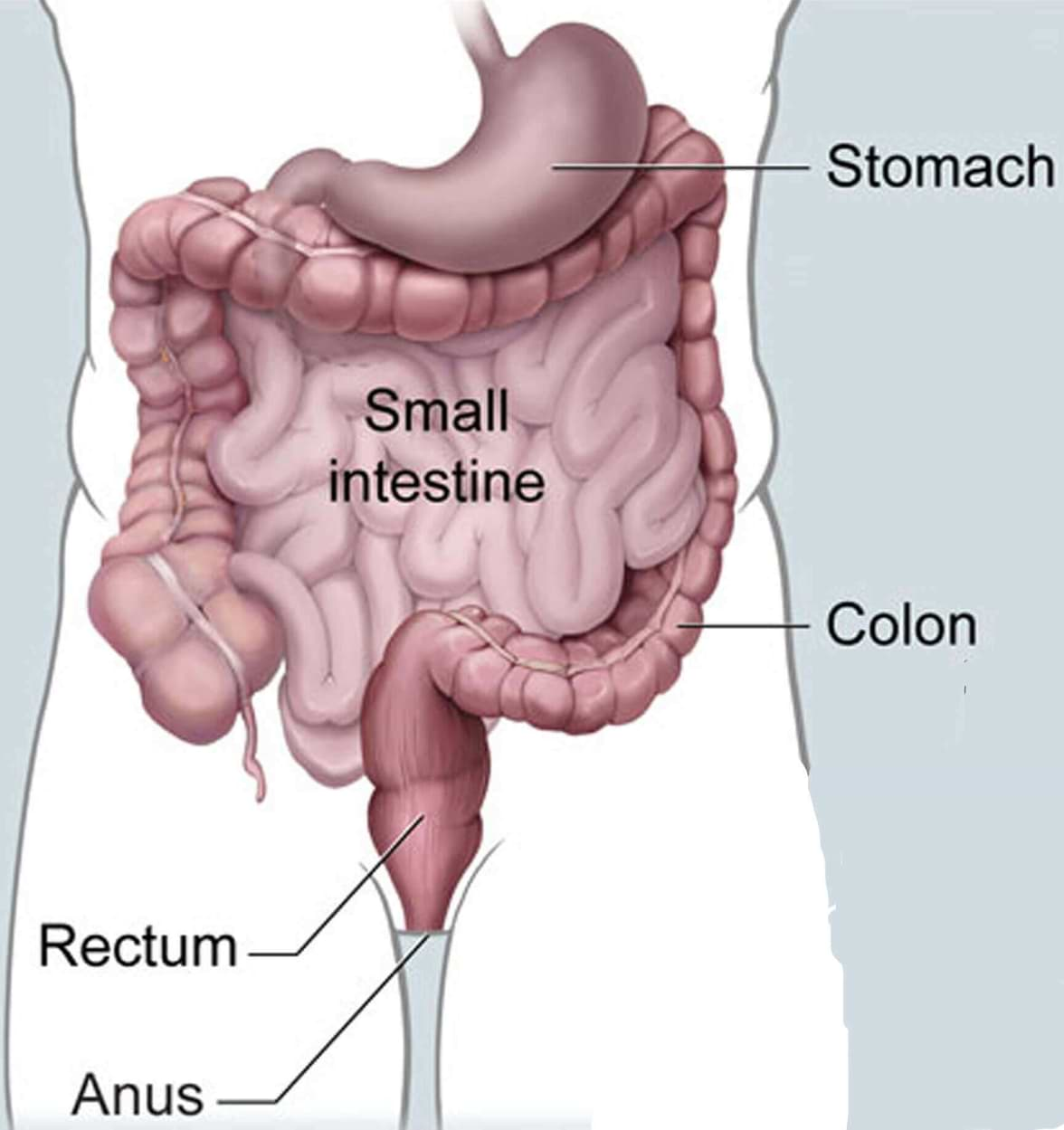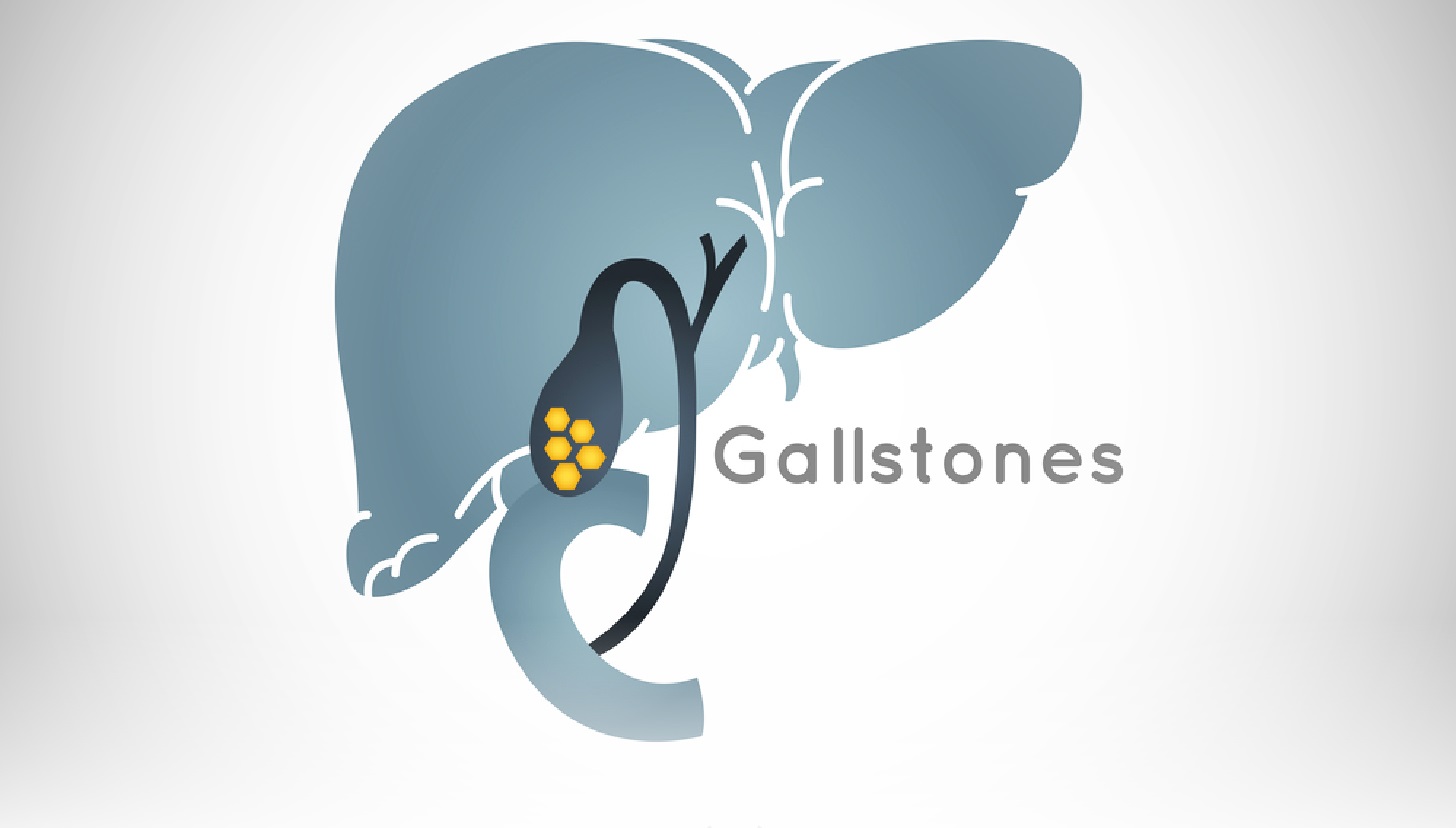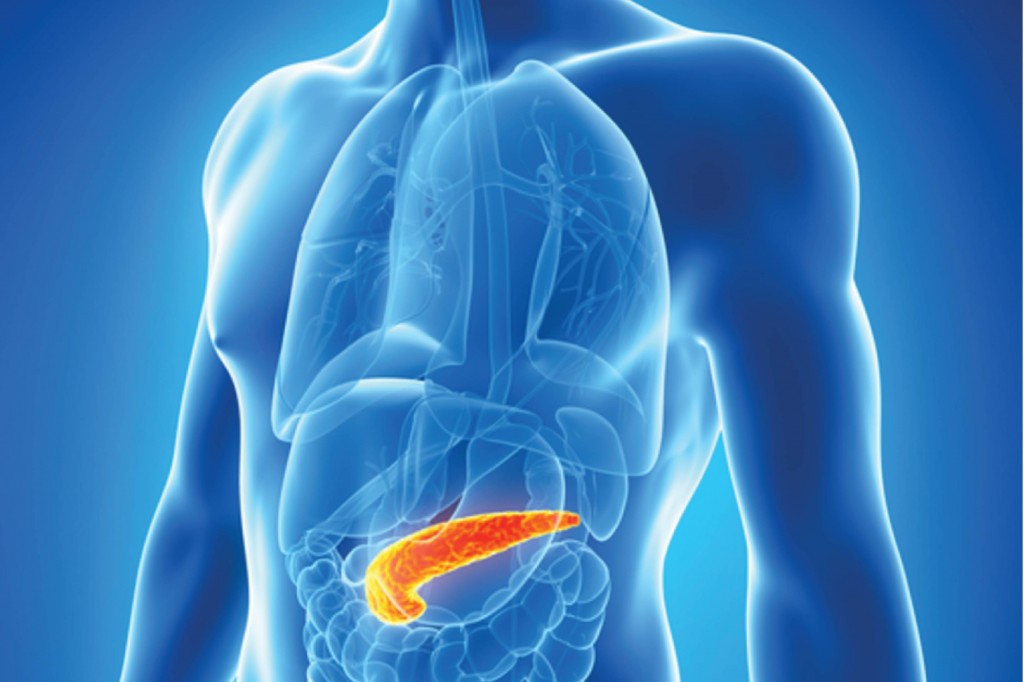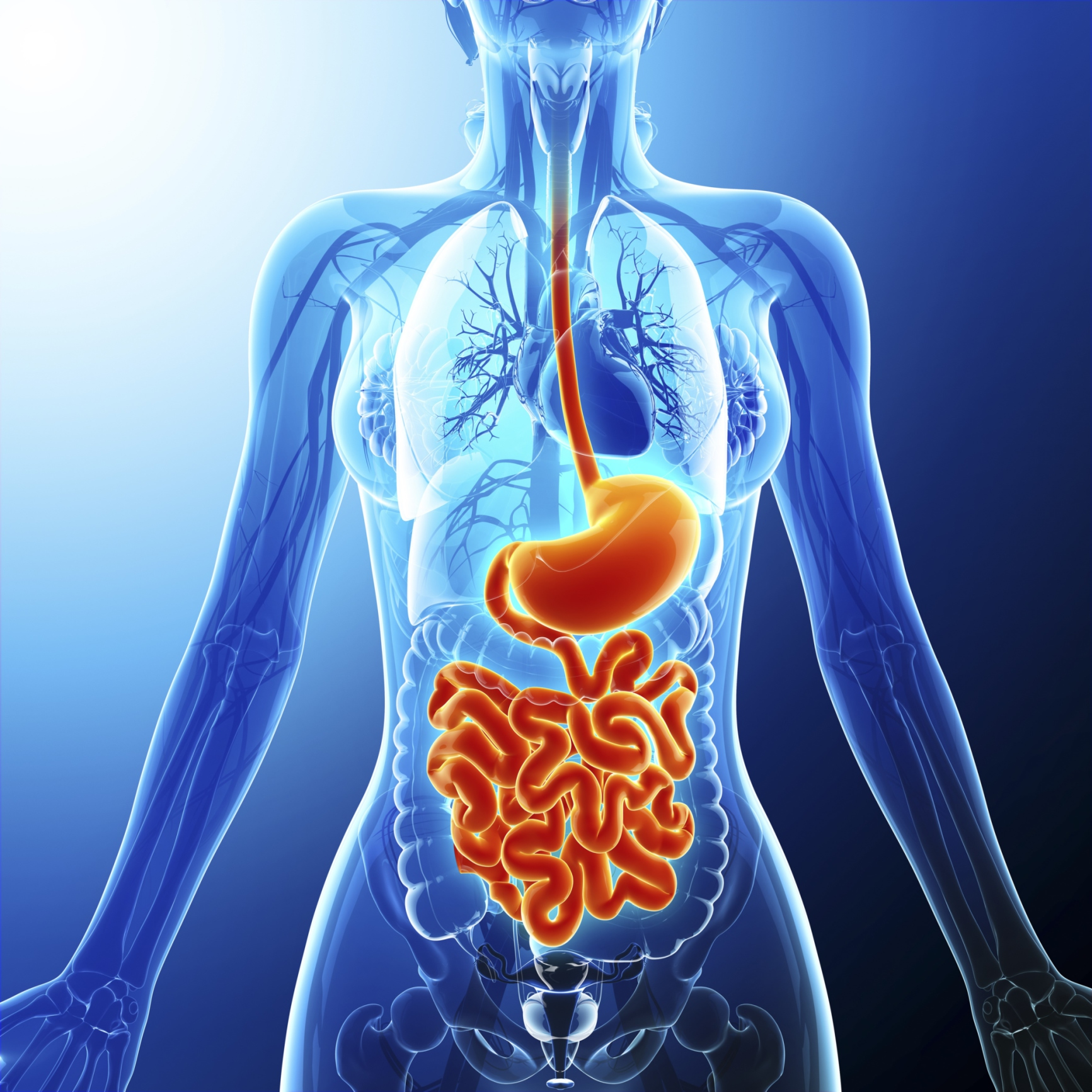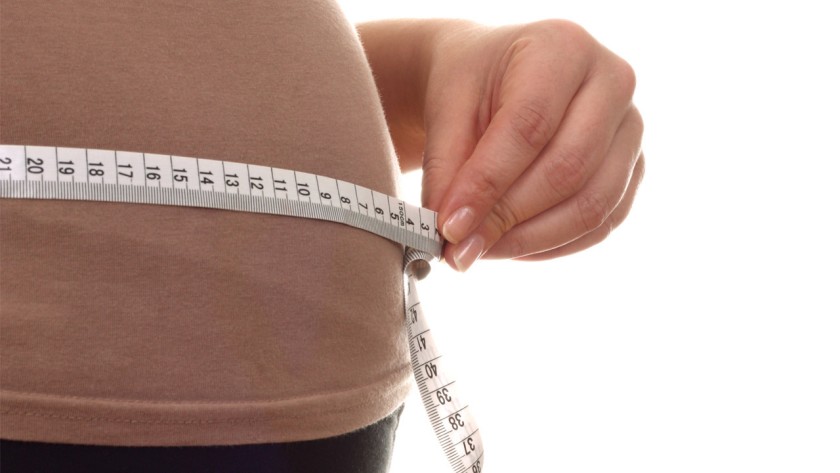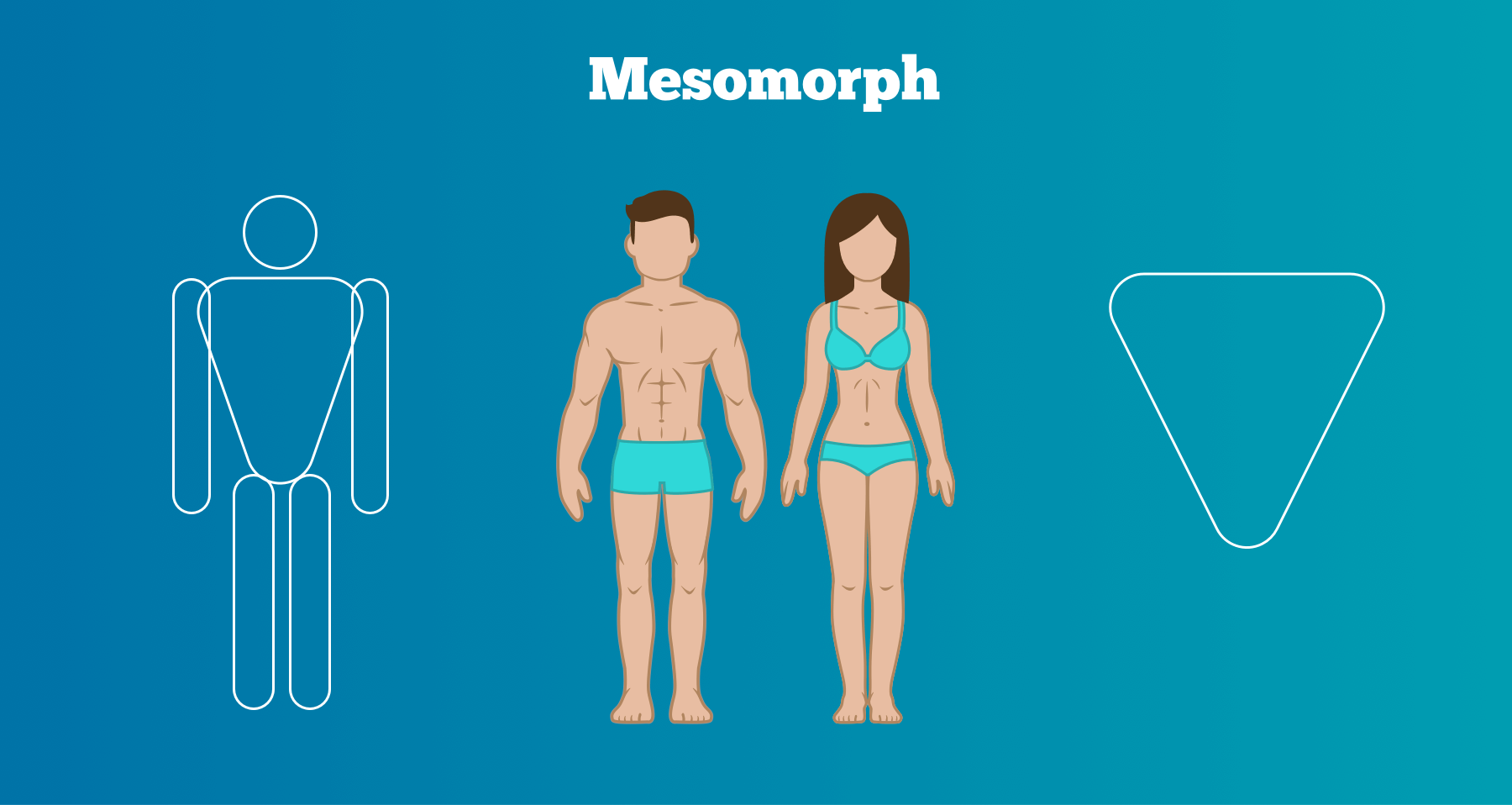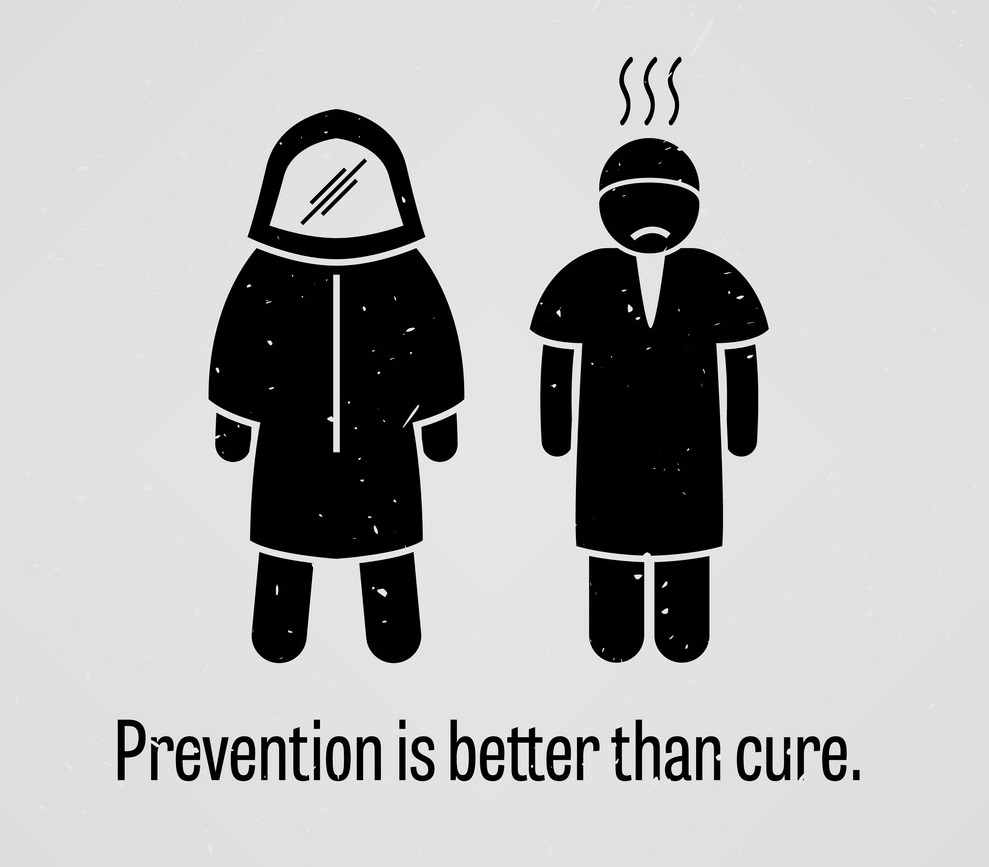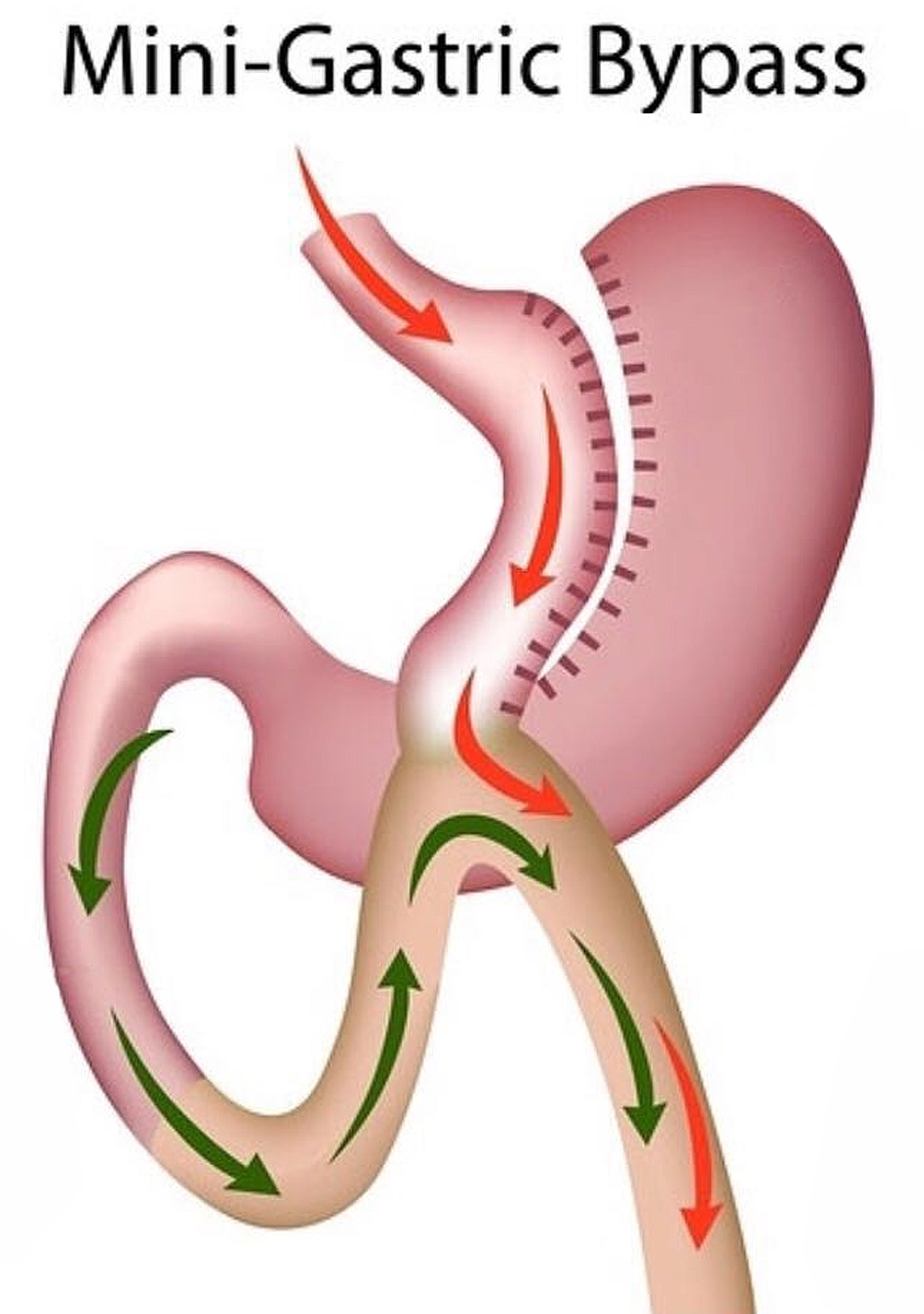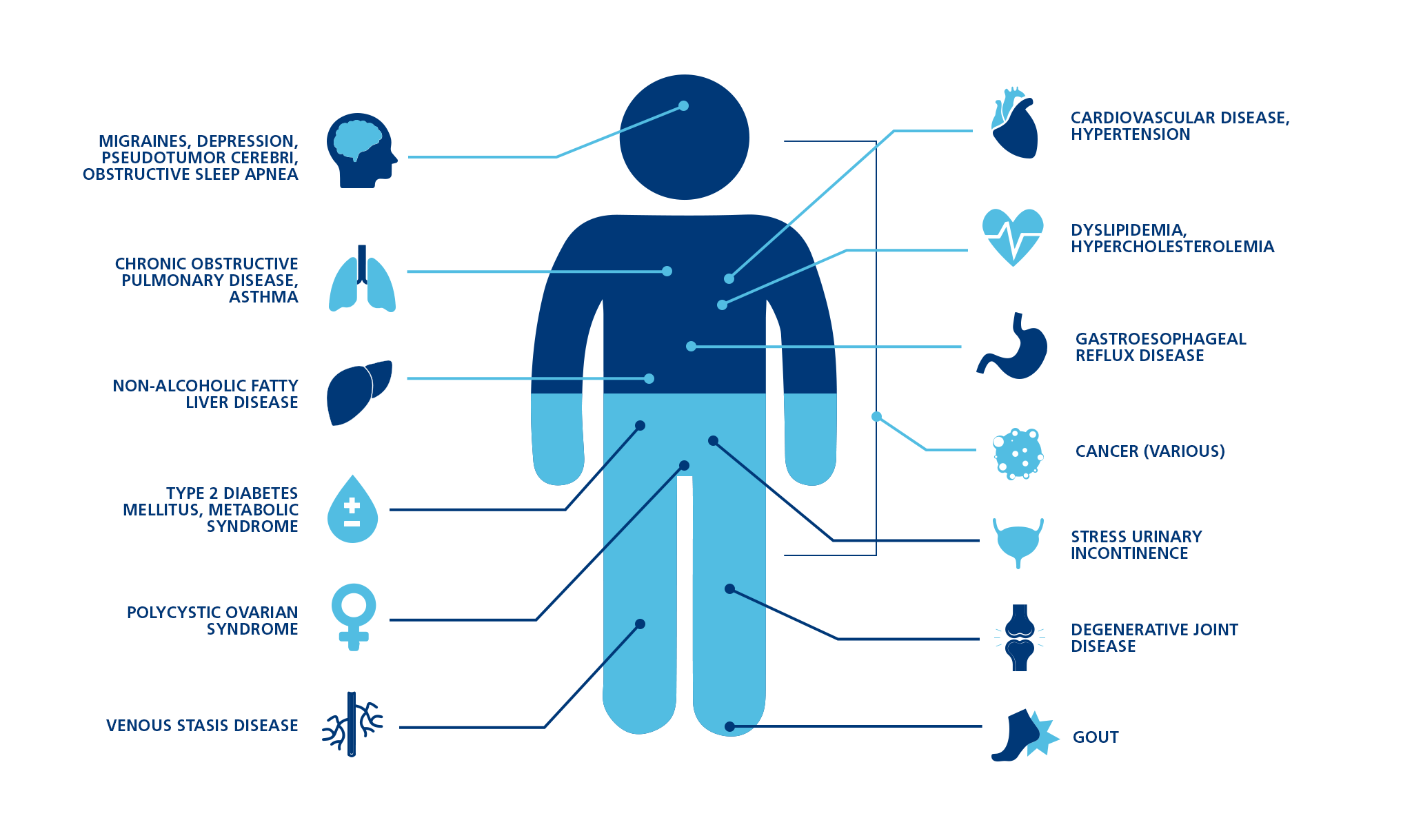Weight loss
How do your hormones affect your body weight?
Hormones are signaling molecules involved in many aspects of your health- including sexual function, growth and development, mood, appetite, and metabolism. For this reason, hormonal dysregulation — when your body releases too little or too much of a hormone — can significantly impact health, including body weight.

Certain glands in your body- including the pituitary, thyroid, parathyroid, and adrenal glands- release hormones into your blood. From there, they travel to tissues and organs.
This article will explain how your hormones affect your body weight and shape.
Hormones are involved in fullness and hunger
Hormones regulate your appetite in order to help your body maintain energy levels.
Some hormones stimulate hunger. Others signal that you’ve had enough to eat, inhibiting food intake.
An imbalance in hormones involved in appetite control may lead to weight gain or weight loss.
Hunger hormones
When your body needs food, a series of steps take place in the endocrine and nervous systems to stimulate food intake.
For example, a cycle of contractions involved in the development of hunger- known as the migrating motor complex- is stimulated by gastrointestinal hormones, including motilin. (Source)
Here’s a breakdown of some of the main hormones, as well as other compounds, involved in appetite stimulation:
- Ghrelin. Ghrelin is known as “the hunger hormone.” It stimulates the hypothalamus, an area of the brain responsible for hunger. In addition to driving food intake, ghrelin is also involved in the sleep-wake cycle, glucose metabolism, and more
- Motilin. Motilin is a hormone produced in the small intestine. When you’re in a fasting state, motilin induces intestinal contractions that signal to the brain that you need food.
- Neuropeptide Y (NPY). NPY is a peptide — a short chain of amino acids — released by the brain to stimulate food intake. NPY production and release is regulated by hormones, including ghrelin and leptin
- Agouti-related protein (AgRp). AgRp is another peptide produced by the brain. Its production is stimulated by ghrelin, and it works to increase food intake
Satiety (fullness) hormones
The following are some of the main hormones that induce fullness and reduce food intake:
- Cholecystokinin (CCK). CCK is a hormone released by cells of the small intestine in response to luminal nutrients, especially fat and protein. It reduces food intake by stimulating fullness centers in your brain, and it induces gallbladder contraction and pancreatic secretions that are necessary for digestion.
- Glucagon-like peptide-1 (GLP-1). GLP-1 is produced by intestinal cells in response to the ingestion of nutrients. GLP-1 slows stomach emptying and interacts with the brain to reduce food intake and increase fullness.
- Pancreatic peptide YY (Peptide YY). Peptide YY is another hormone made in the small intestine. It’s released in response to eating food and binds to receptors in the brain, decreasing appetite. It also slows the movement of food through the digestive tract.
- Leptin. Leptin is a hormone secreted by fat cells and other parts of the body. It’s primarily known as a fullness hormone. Leptin inhibits hunger-promoting peptides NPY and AgRp and stimulates fullness-promoting peptides, which leads to decreased appetite.
- Insulin. Insulin is a hormone that the pancreas secretes. It plays important roles in blood sugar regulation and energy balance. Insulin levels increase after a meal. Insulin interacts with the brain to reduce food intake.
- Obestatin. Obestatin is a hormone with an appetite-suppressing effect. It opposes ghrelin’s hunger-inducing effects. However, scientists are still studying obestatin, and more research into its effects on hunger and fullness is needed.
This list is not exhaustive. Other substances are also involved in appetite control, including the peptide nesfatin-1 and the hormone oxyntomodulin
Summary- Hunger and satiety (fullness) signaling are complicated processes that involve many systems in your body. Hormones responsible for hunger and fullness include ghrelin, motilin, insulin, and leptin.
Hormones influence body weight
Fat storage and breakdown are strictly regulated by certain hormones in the body. Hormones also influence energy expenditure, or the number of calories your body burns on a daily basis.
For this reason, fluctuations in hormone levels may lead to weight gain or loss, as well as body fat accumulation in specific areas.
For example, the thyroid secretes hormones that are responsible for metabolism regulation.
When the thyroid gland is overactive, it releases too much thyroid hormone. This puts the body into a hypermetabolic state, where it burns more calories . This is known as hyperthyroidism.
Conversely, an underactive thyroid, characterized by low thyroid hormone levels, leads to less energy expenditure. This is known as hypothyroidism.
This is why people with hyperthyroidism may lose weight, while those with hypothyroidism may gain weight.
Insulin is another hormone that can affect body weight.
Cells need insulin to use glucose for energy and store it for later use in the form of glycogen. Insulin is also required for storing energy as fat and inhibiting fat breakdown to maintain body weight.
Keeping insulin levels within a standard range is critical. Chronically elevated insulin levels may lead to insulin resistance, where cells stop responding appropriately to insulin.
Human and animal studies indicate that this may lead to the impairment of hunger and fullness hormones, excessive fat uptake by organs like the liver, and compromised metabolism.
Cortisol is a glucocorticoid (a steroid hormone) that plays an important role in your body’s stress response. However, chronically elevated cortisol levels may lead to weight gain.
Cortisol redistributes fat to the abdominal region and increases appetite, especially the desire for energy-dense, highly palatable foods rich in fat and sugar.
Cortisol dysregulation is seen in those who are chronically stressed and people with Cushing’s syndrome, a condition that elevates cortisol levels.
Other hormones- including glucose-dependent insulinotropic peptide, leptin, asprosin, and estrogen- may influence body weight and fat distribution as well.
Summary- Altered levels of thyroid hormones, insulin, cortisol, and other hormones may influence body weight and fat distribution.
Hormones can be altered by medical conditions, age, and weight gain
Hormone levels may be affected by many factors, including:
- Body weight
- Medical diagnoses
- Age
High body fat levels, as seen in people with overweight and obesity, affects many hormones, including:
- Estrogen
- Testosterone
- Ghrelin
- Leptin
- Obestatin
For example, men with obesity are more likely to have low levels of testosterone than moderate-weight men.(Source)
This is mainly attributed to reduction of a protein called sex hormone-binding globulin (SHBG), which carries testosterone to the body’s tissues. The reduction of SHBG in obesity is caused by insulin resistance.
Low testosterone levels are associated with increased body fat, particularly in the abdomen, and reduced muscle mass in men.
Obesity is strongly associated with abnormalities in the fullness hormone leptin, including hyperleptinemia- or oversecretion of leptin- and leptin resistance, which occurs when the body stops responding to leptin appropriately.
Because leptin regulates fullness, decreased sensitivity to leptin may lead to excessive calorie consumption and weight gain.
Obesity is also associated with high levels of insulin and asprosin, a hormone that stimulates appetite.
People experiencing menopause are more likely to gain body fat, especially in the midsection.
This may be due to hormonal changes that take place during this stage of life, including a drop in estrogen levels, which is associated with reduced energy expenditure and metabolic dysfunction.
Additionally, medical conditions — including polycystic ovarian syndrome, hypothyroidism, Cushing’s disease, and diabetes — may also lead to hormonal dysregulation and influence body weight.
Weight gain is also common in people undergoing gender-affirming hormone therapy.
Keep in mind that hormone levels can be influenced by many other factors as well, including pregnancy, medication use, and more.
Summary- Body fat levels, aging, medical diagnoses, and other factors can alter hormones that influence body weight.
Lifestyle and diet can affect hormones
Your lifestyle can significantly affect the hormones that influence your body weight.
Diet, activity levels, and chronic stress have all been linked to hormonal fluctuations.
Diet
The foods and beverages you consume on a daily basis can significantly affect your overall health, including hormonal health.
Diets rich in ultra-processed foods, added sugar, and refined carbohydrates can lead to hormonal dysregulation.
For example, diets high in added sugar- particularly sugar-sweetened beverages- have been linked to insulin resistance and elevated leptin levels.
Additionally, diets high in protein and moderate or low in carbohydrates may have a more favorable effect on fullness and hunger hormones than higher-carb, lower-protein diets.
Diets rich in ultra-processed foods and added sugar may increase levels of hunger hormones like NPY and blunt the effect of fullness hormones like CCK. These effects may prompt overeating and weight gain.
What’s more, a diet high in ultra-processed foods increases exposure to endocrine-disrupting chemicals like phthalates.
These chemicals have been shown to alter hormones that regulate appetite, fullness, and food preferences as well as cause insulin resistance- all of which may influence weight gain.
There are many other ways in which diet can affect the hormones that influence weight gain.
In general, following a balanced diet rich in whole, minimally processed foods and low in ultra-processed foods and added sugar is best for overall health, including hormonal health.
Other factors that influence hormones
Sleep, activity, and stress can also affect hormones that influence body weight.
Getting enough sleep is essential for optimal health. Not getting enough sleep is associated with hormonal dysregulation.
Sleep deprivation is linked to insulin and leptin resistance and hunger hormone derangement, which may lead to increased appetite, decreased fullness, overeating, and weight gain.
Exercise may influence hormone levels as well.
Studies show that increasing physical activity can (source)
- Improve the body’s sensitivity to insulin
- Increase testosterone levels in men
- Reduce leptin levels in people with overweight and obesity
- Improve response of fullness hormones after meals
Controlling stress is important for healthy hormonal response as well. Chronic stress may alter the hormones responsible for appetite regulation, which may contribute to increased calorie intake and weight gain.
For this reason, managing stress is an important part of promoting optimal hormonal health and maintaining a body weight that’s healthy for you.
Many factors may impact hormones that influence your weight. Following a balanced diet, getting enough sleep, staying active, and managing stress are evidence-backed ways to promote hormonal health.
bottom-line
Hormones control hunger, fullness, metabolism, and fat distribution, all of which can influence body weight.
Studies show that diet, lack of sleep, activity levels, body fat percentage, stress exposure, and medical issues can all impact hormonal health.
Following a nutritious and balanced diet, getting enough sleep, diagnosing underlying medical conditions, managing stress, and engaging in physical activity are just some scientifically supported ways to promote healthy body weight and hormonal regulation.
Reference
- https://medlineplus.gov/hormones.html
- https://www.ncbi.nlm.nih.gov/pmc/articles/PMC3174087/
- https://www.ncbi.nlm.nih.gov/pmc/articles/PMC6608565/
- https://www.ncbi.nlm.nih.gov/pmc/articles/PMC3955331/
- https://www.ncbi.nlm.nih.gov/pmc/articles/PMC6150743/

